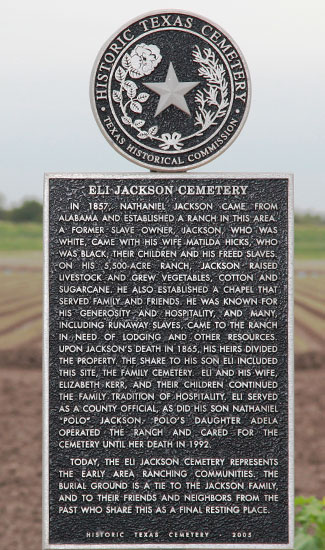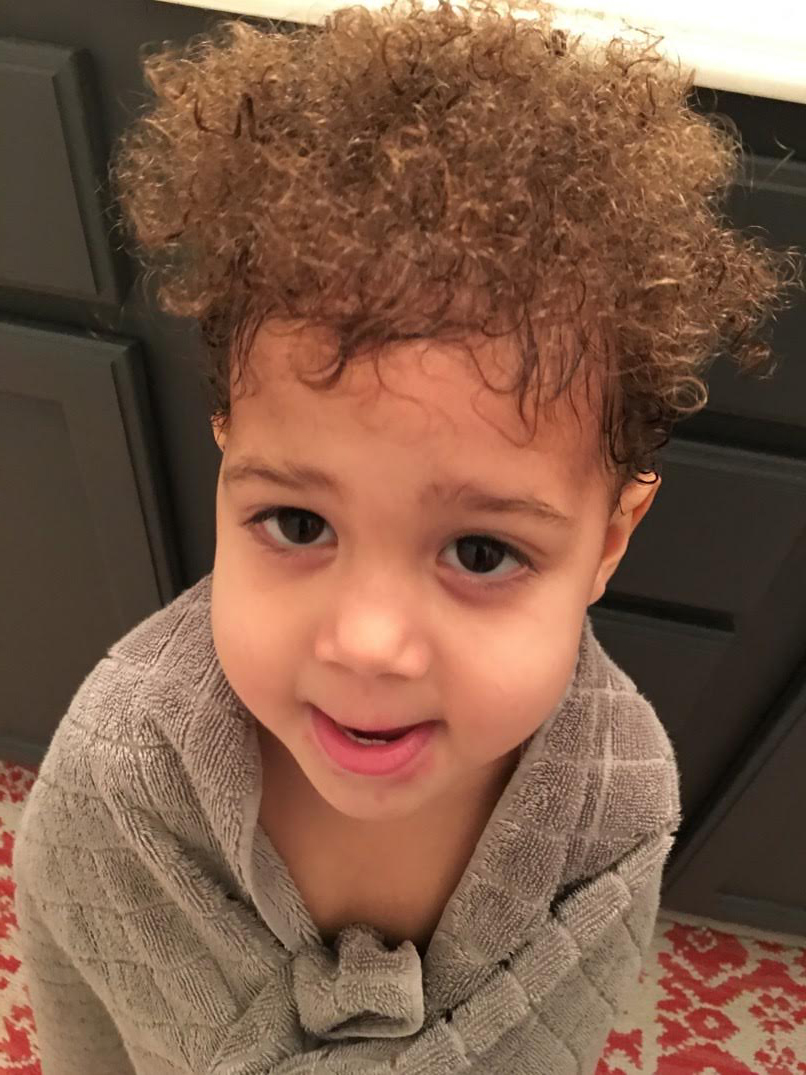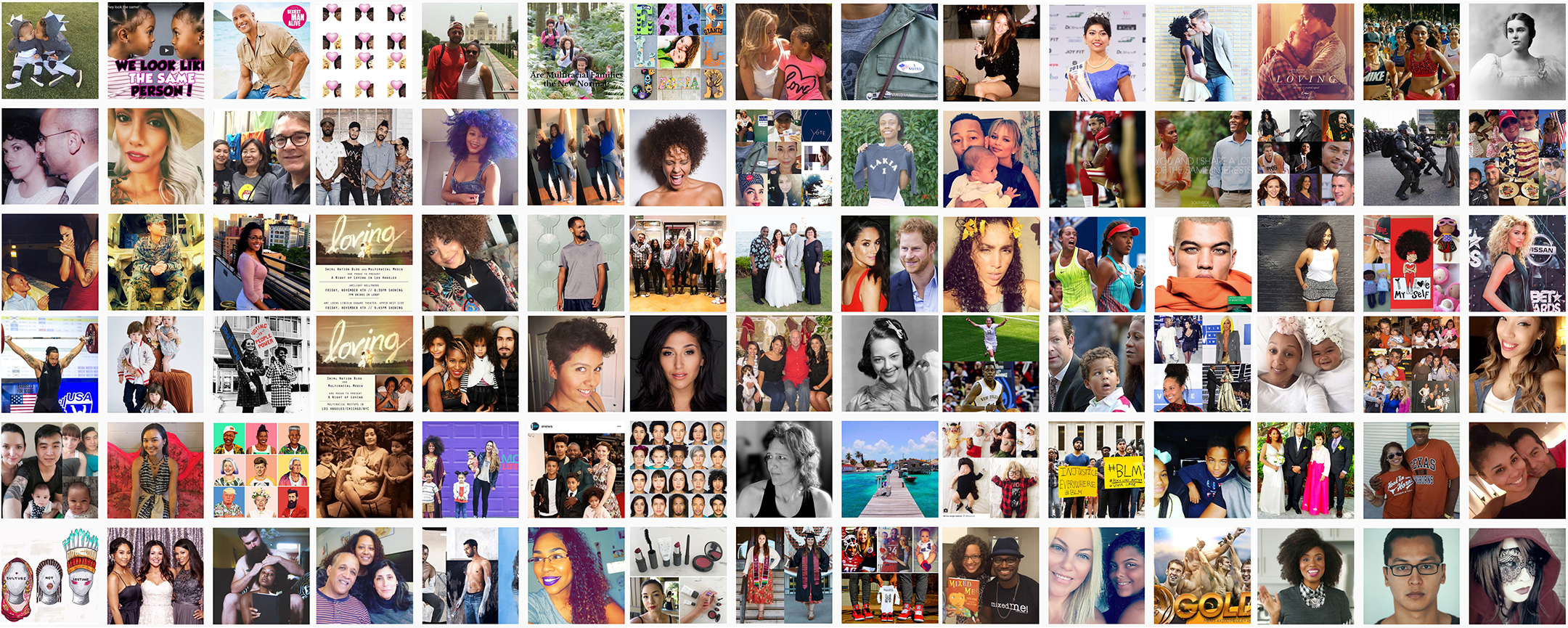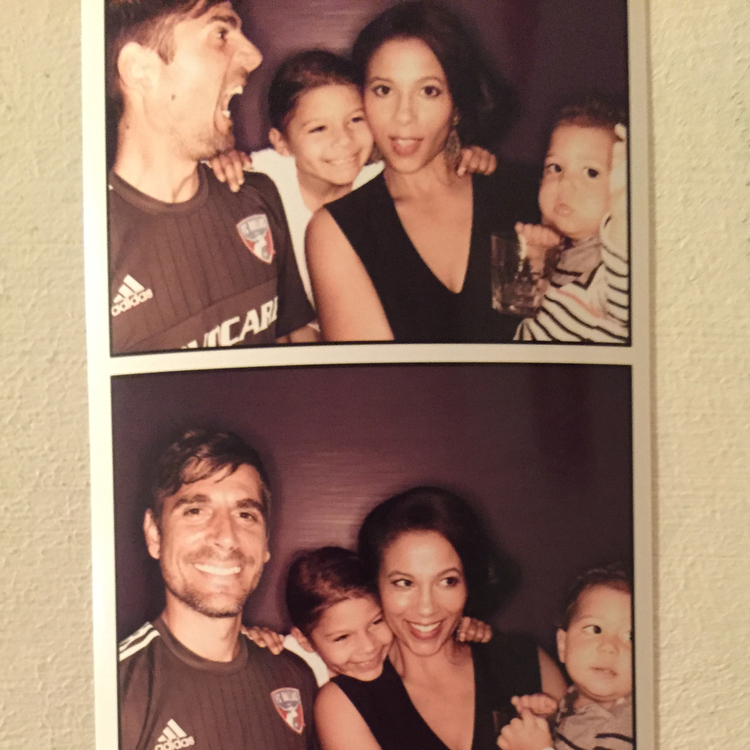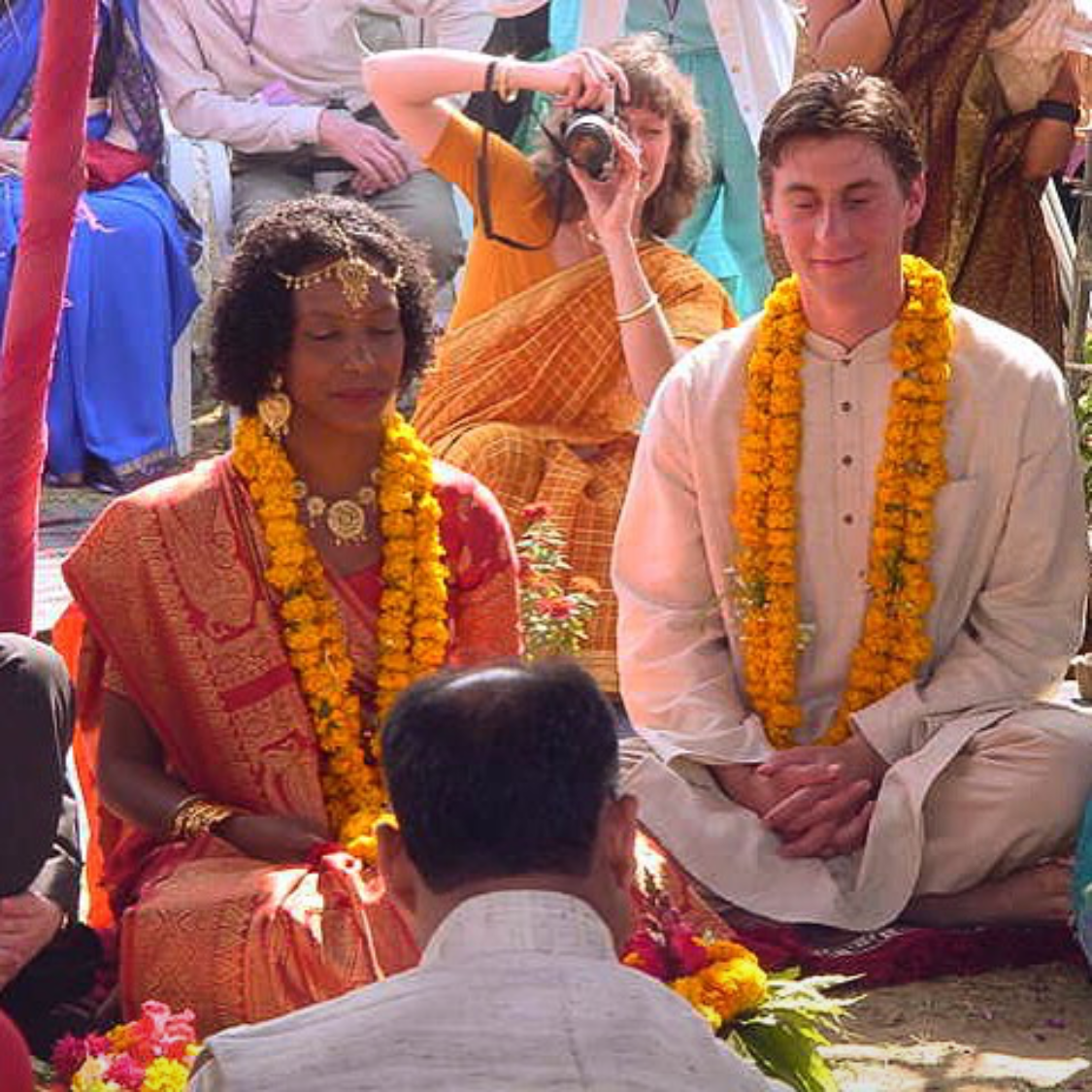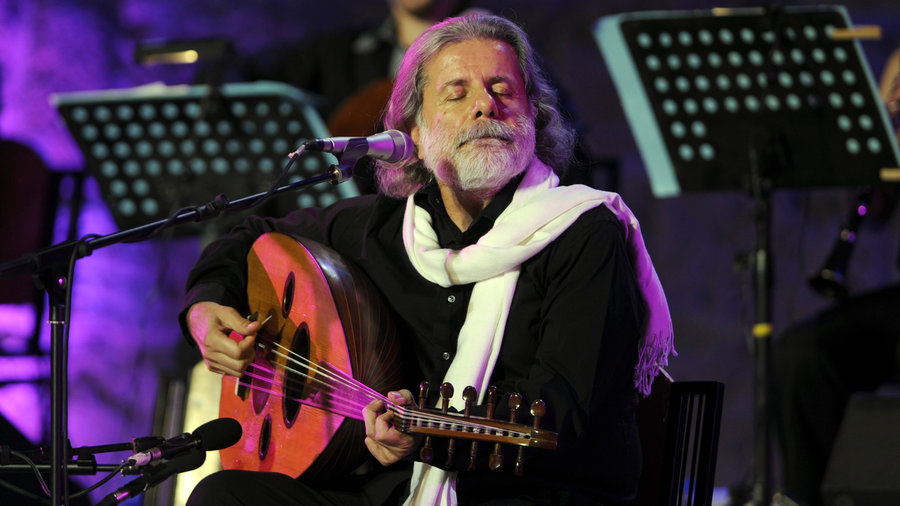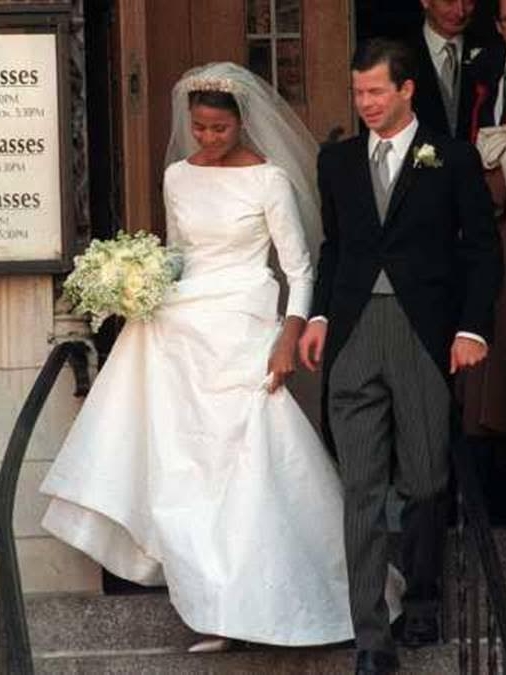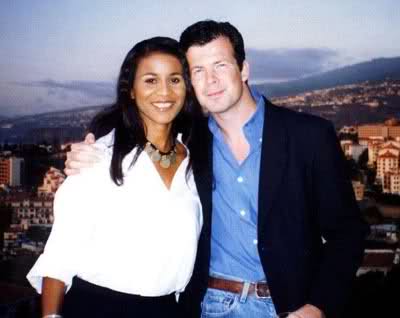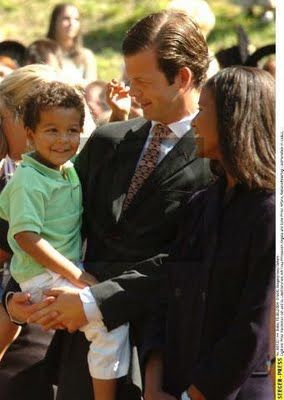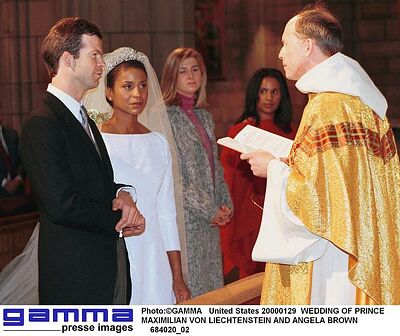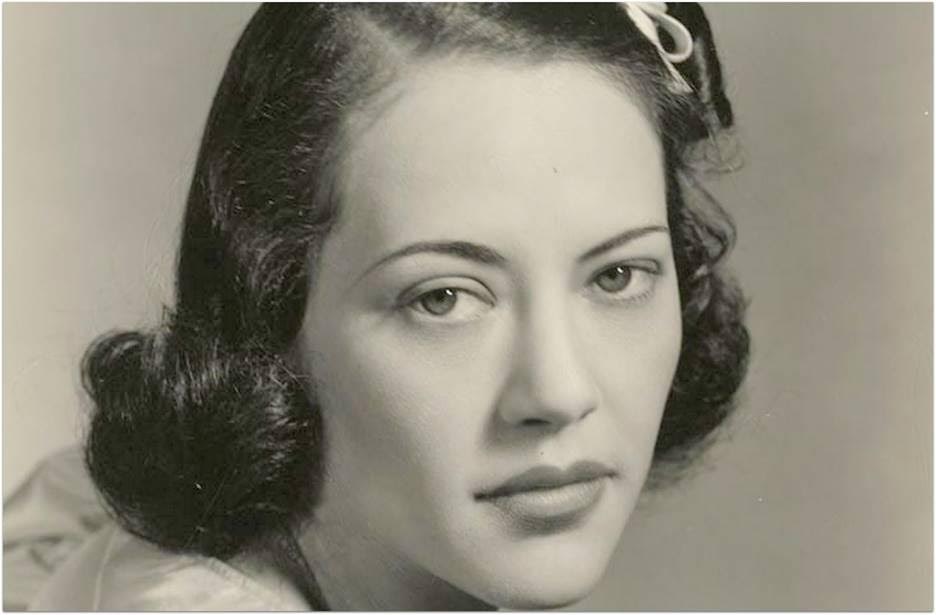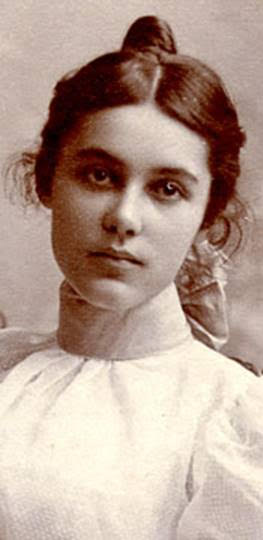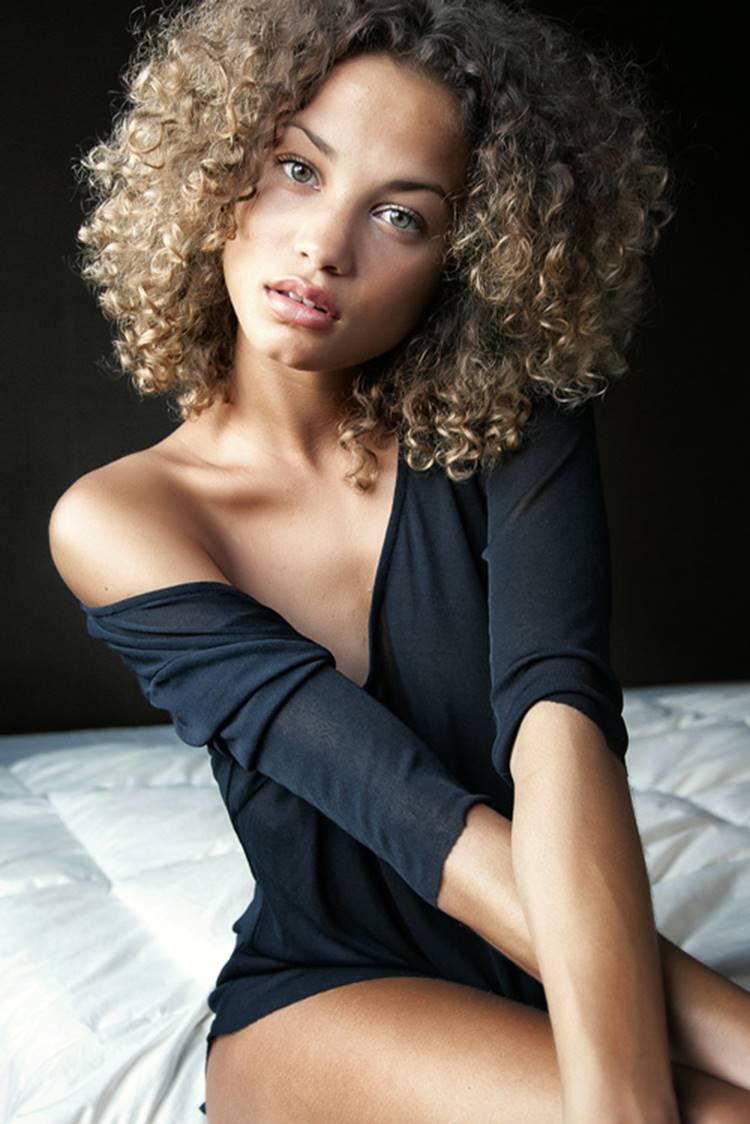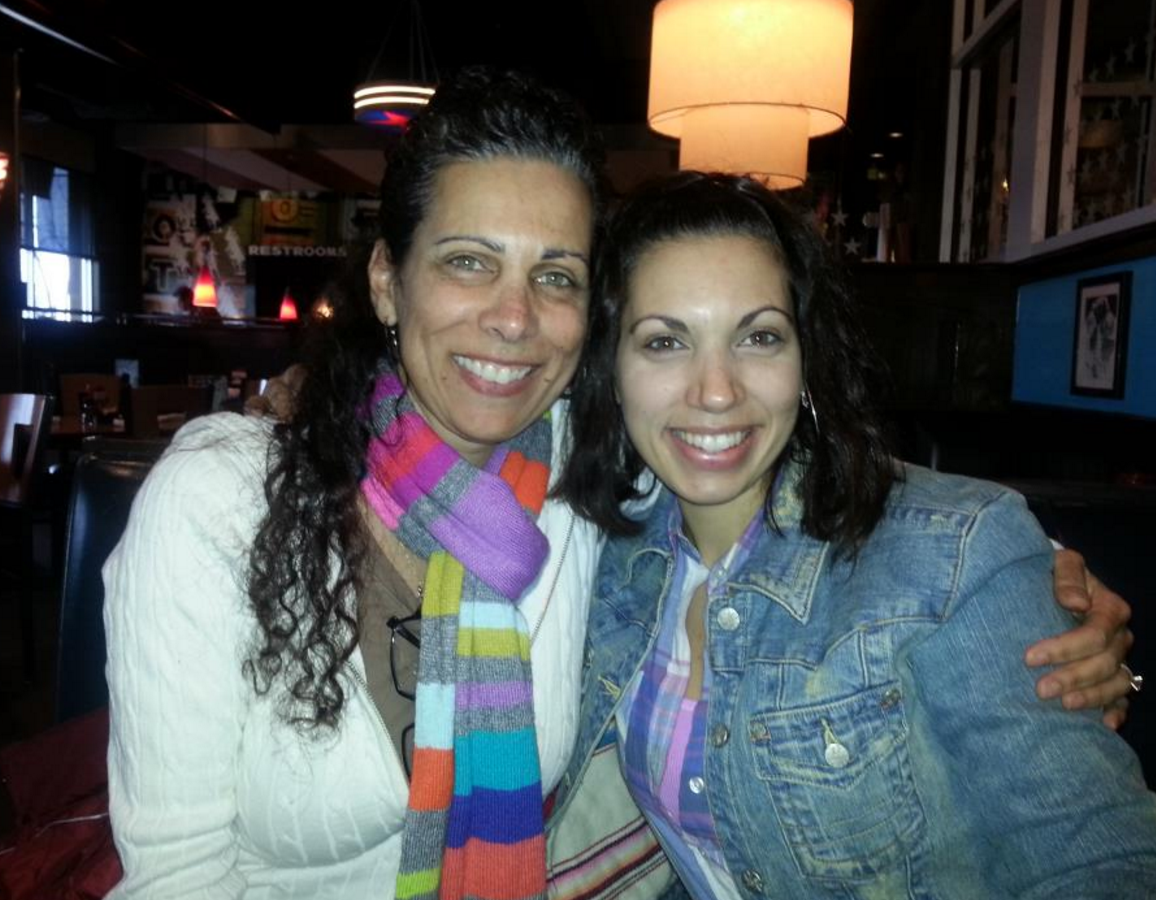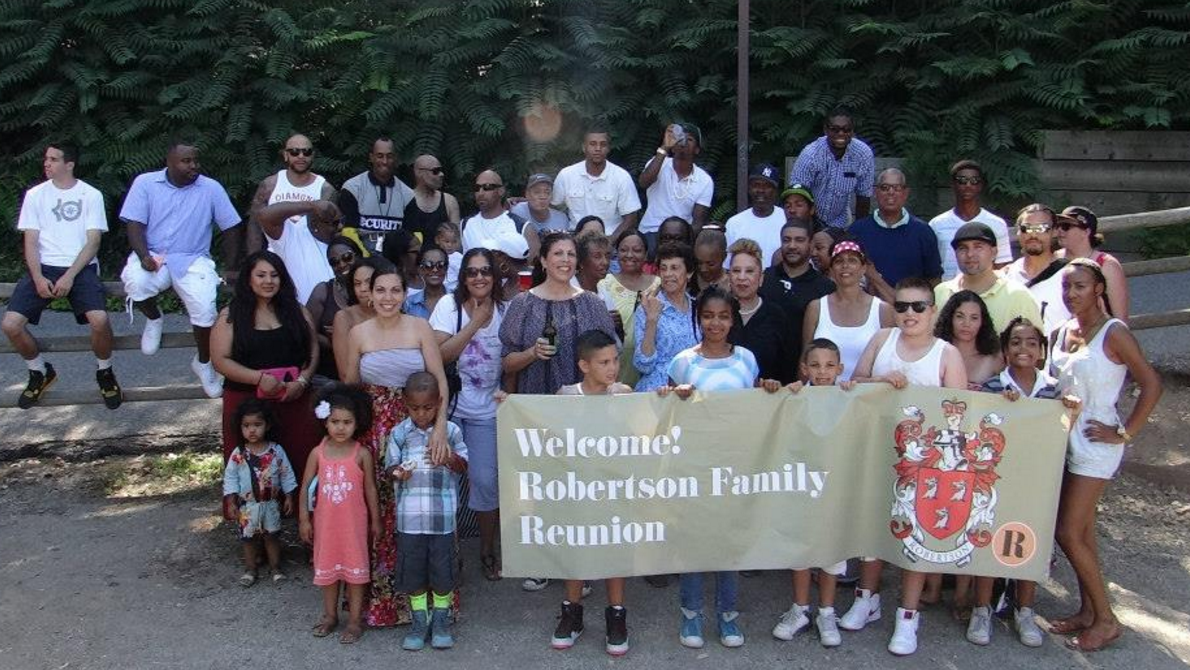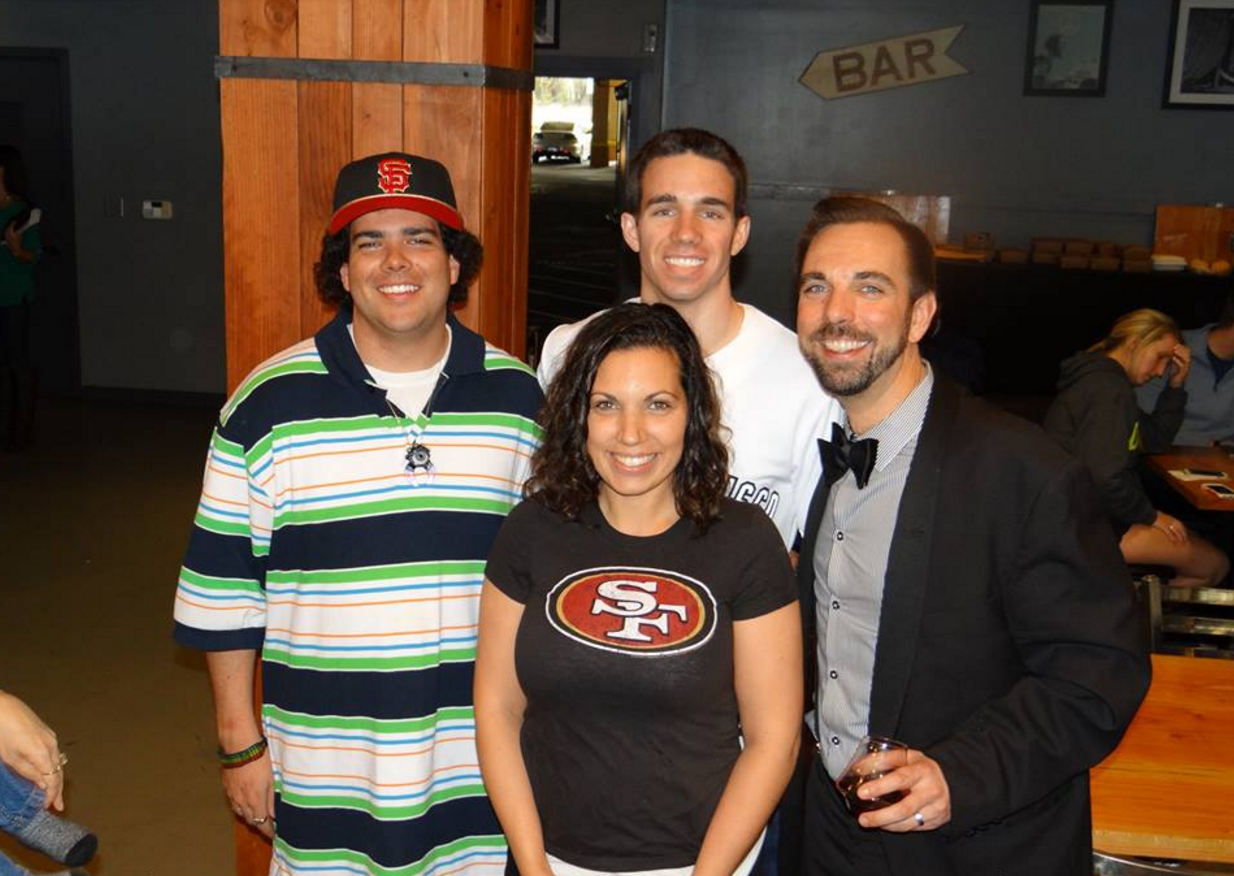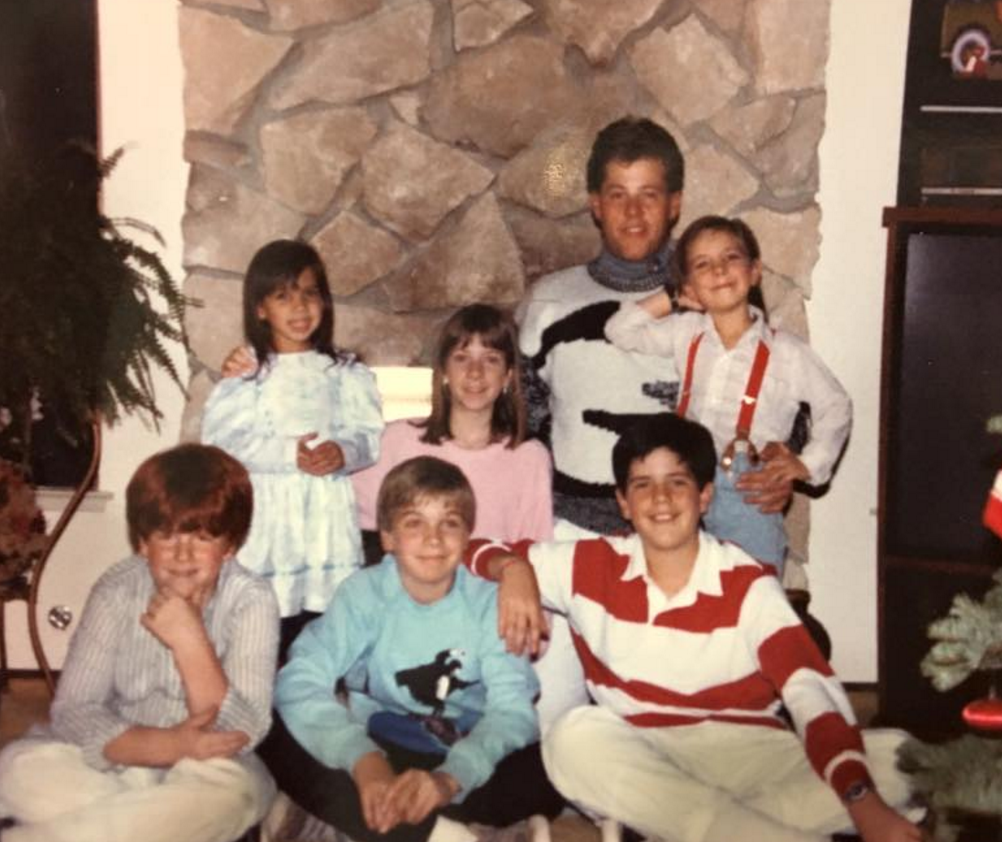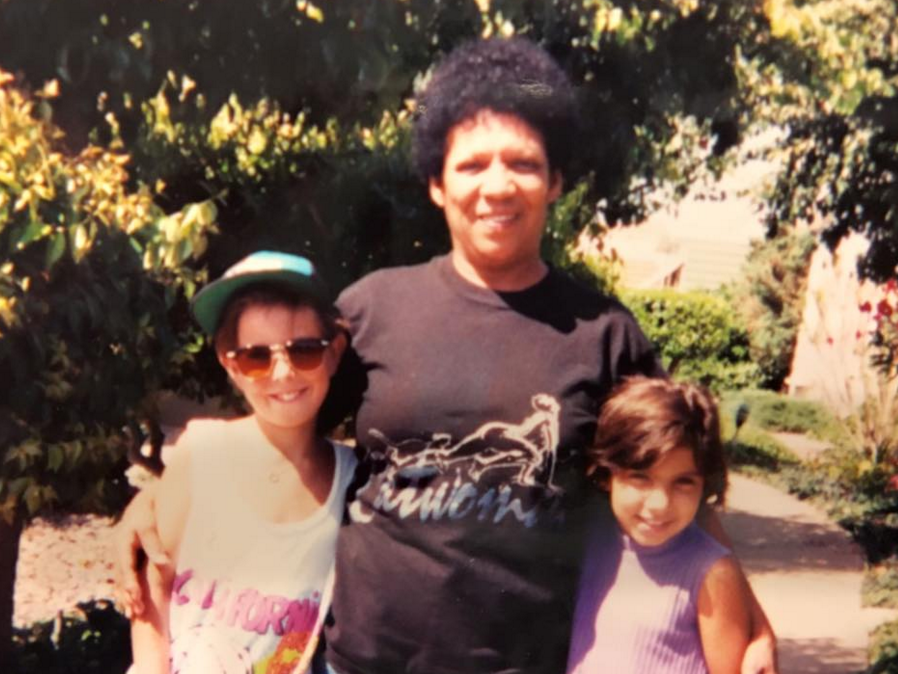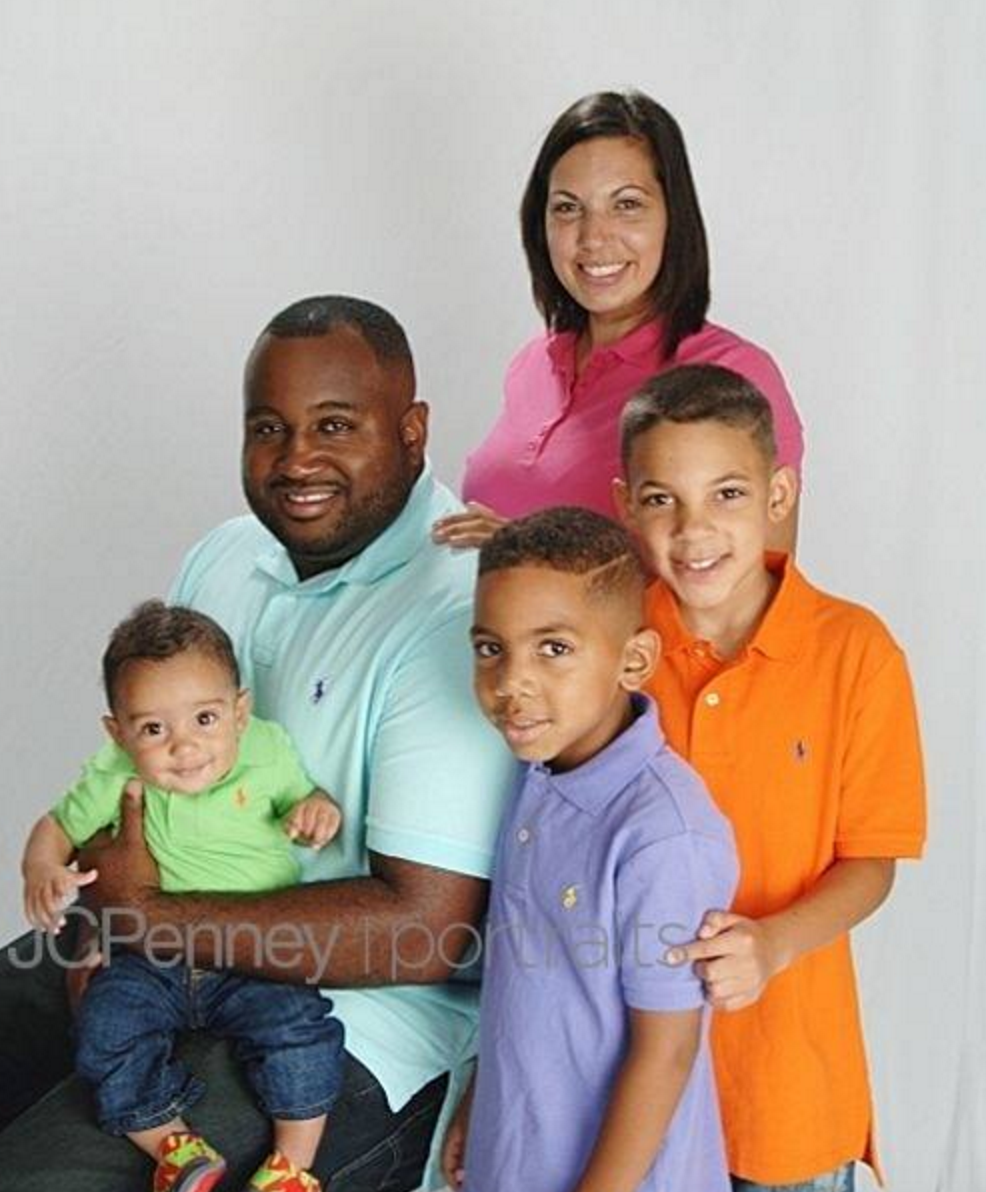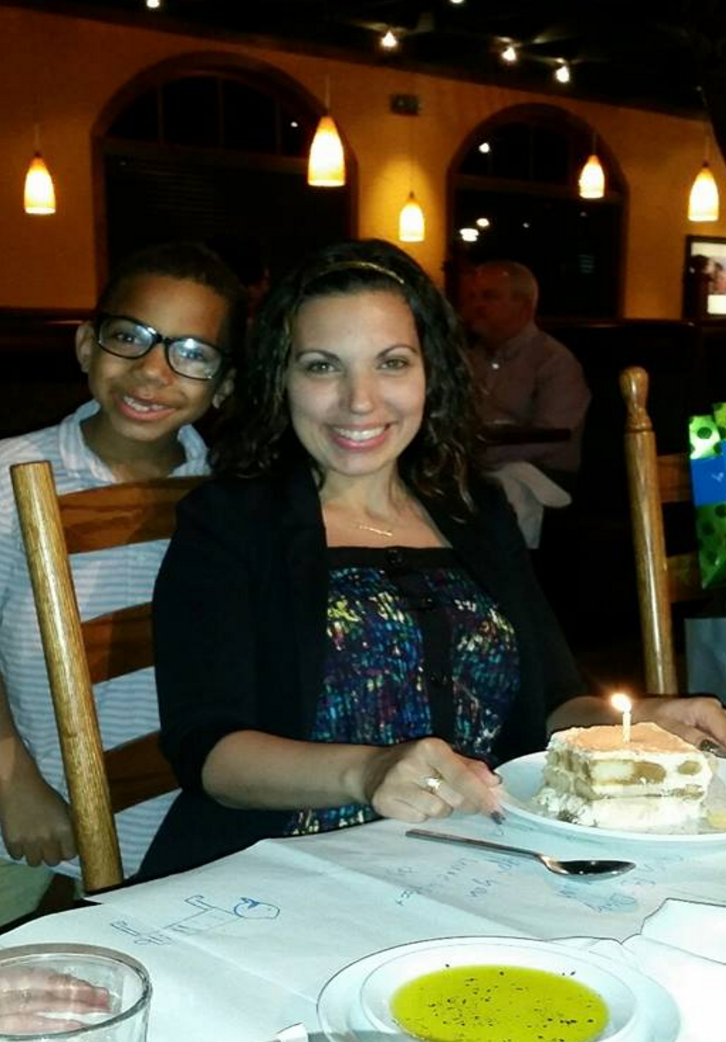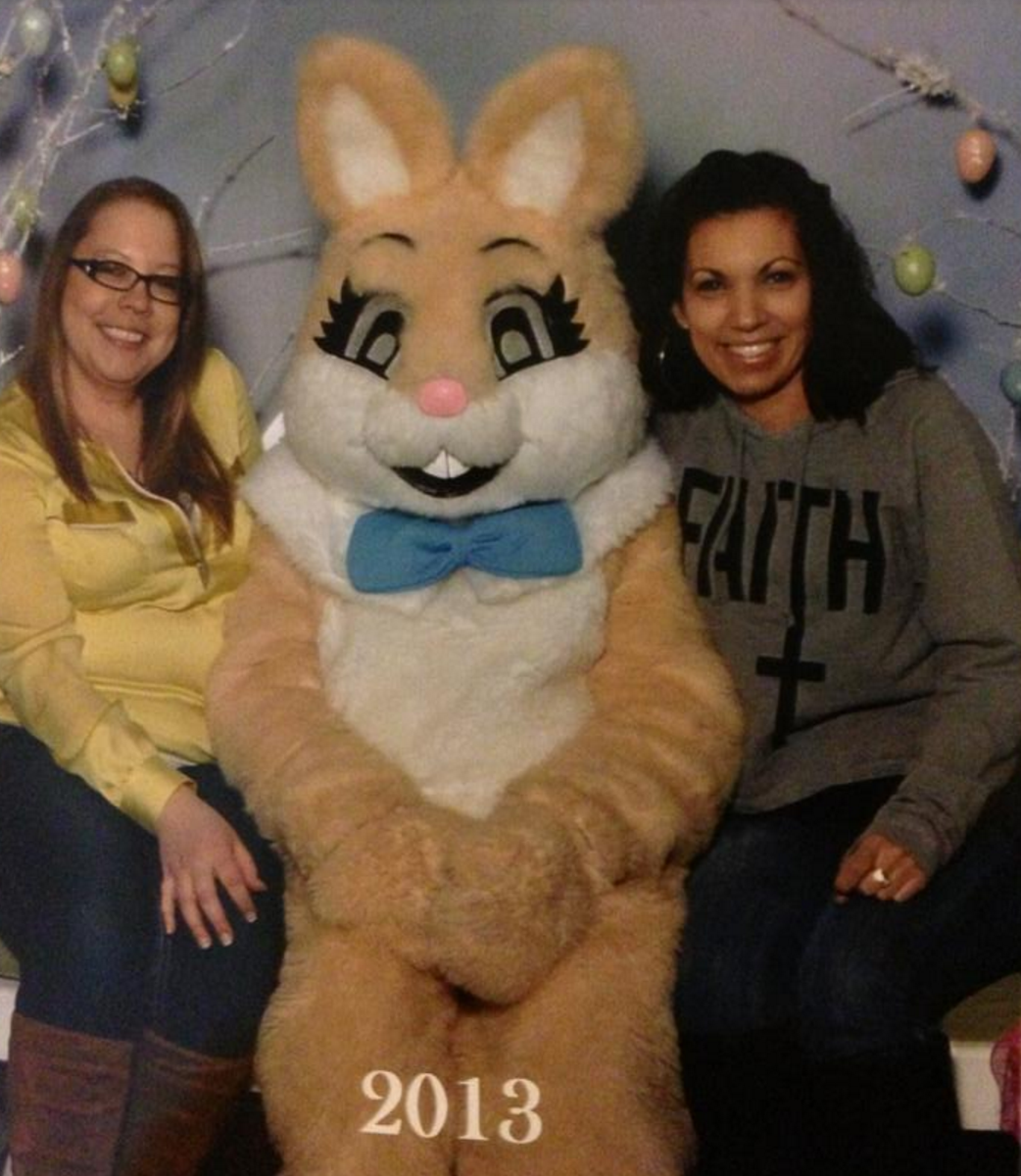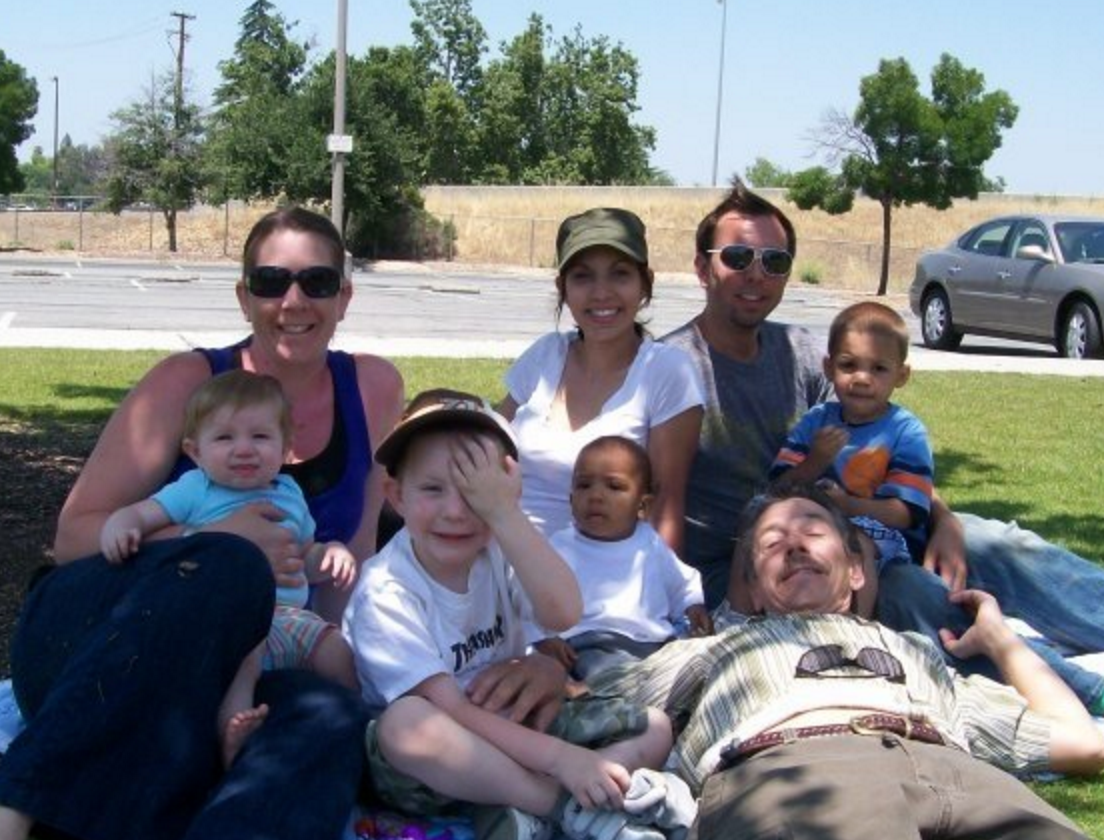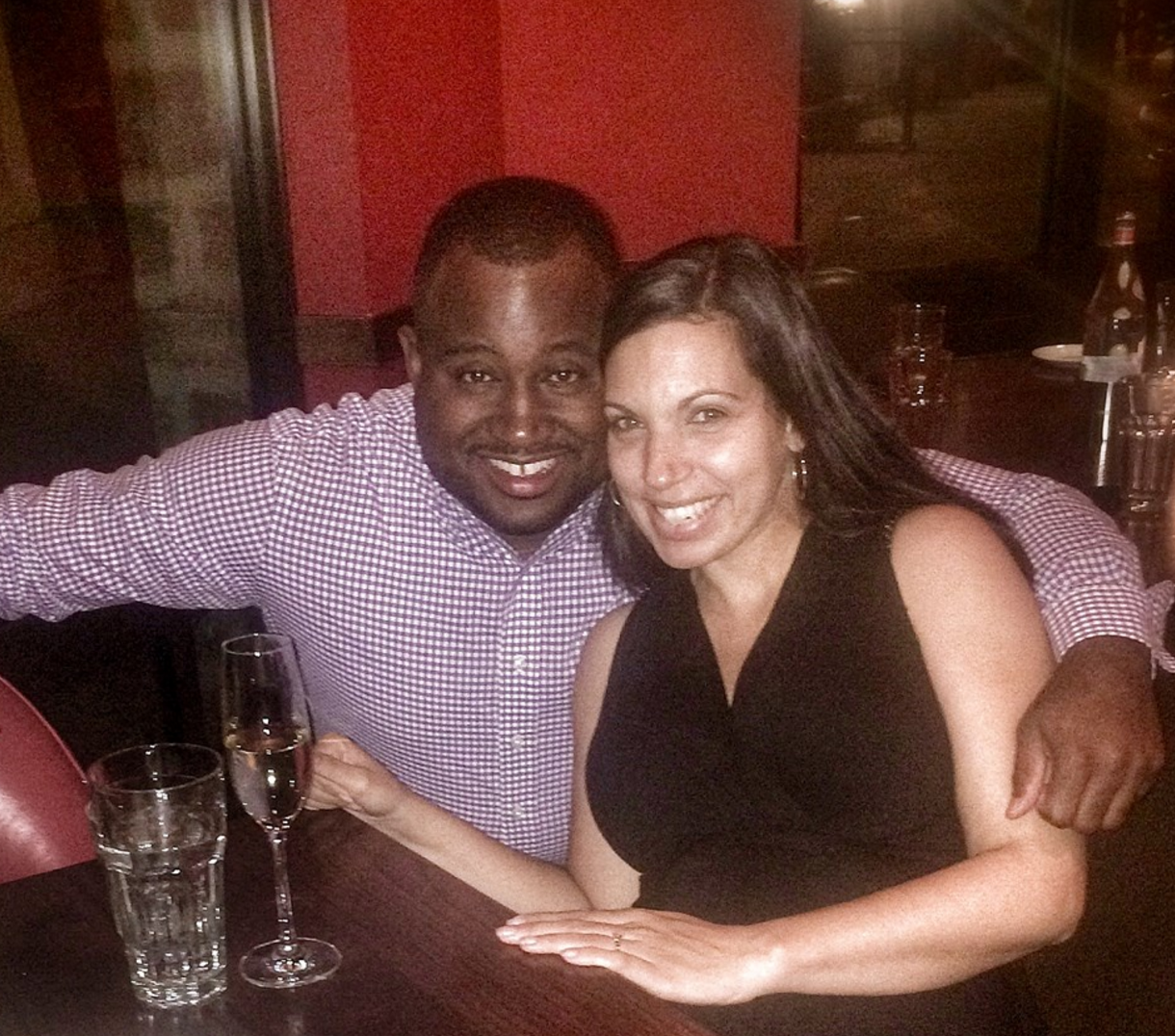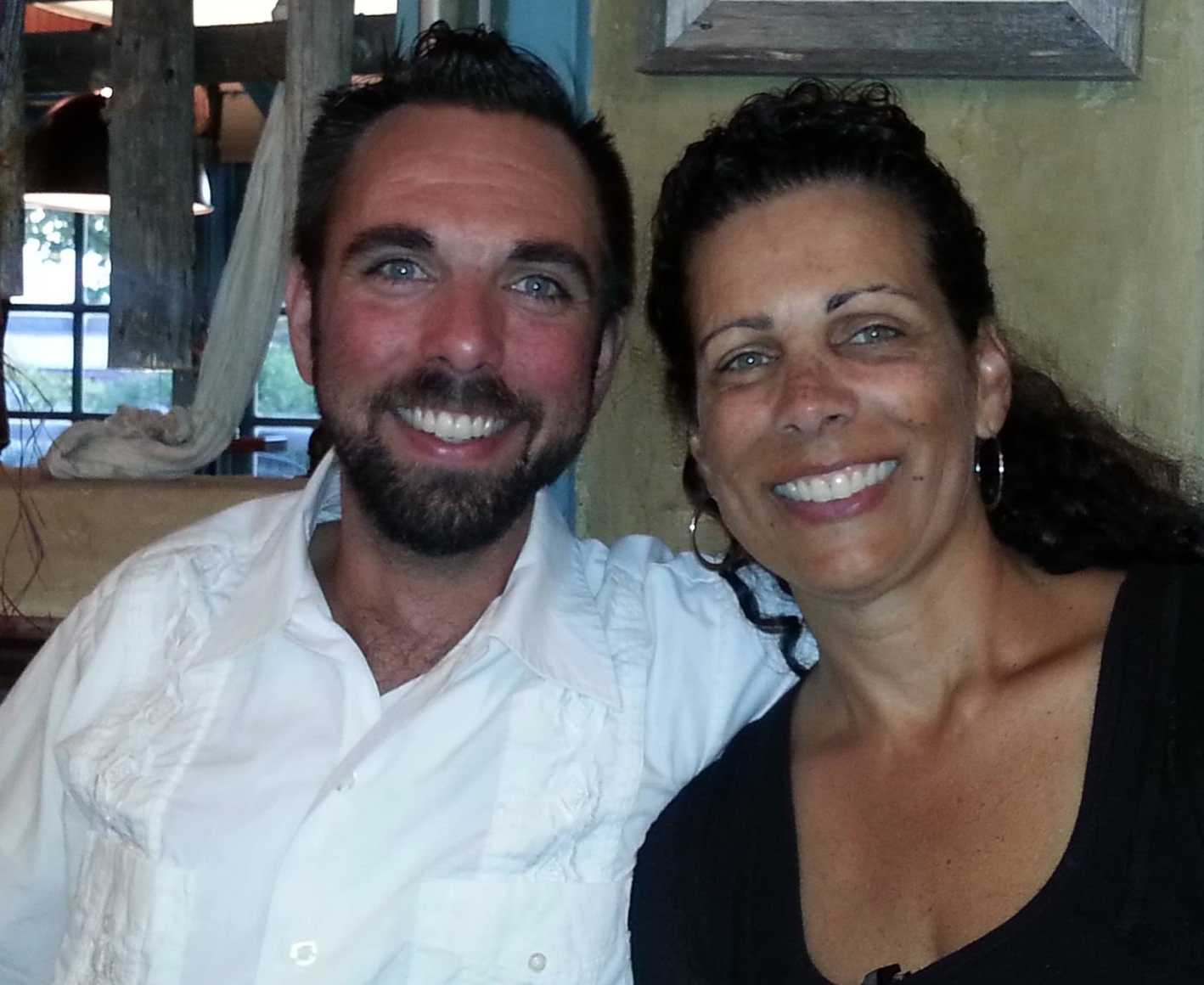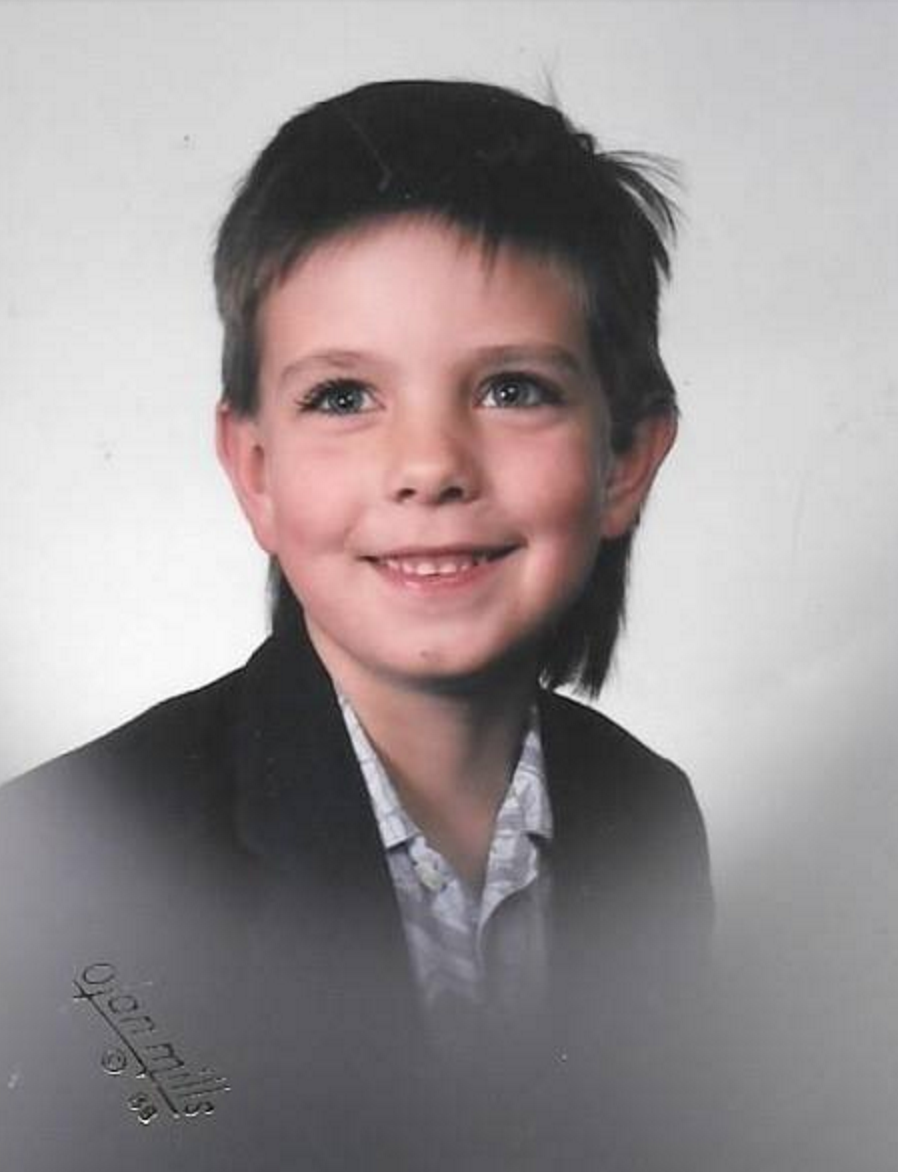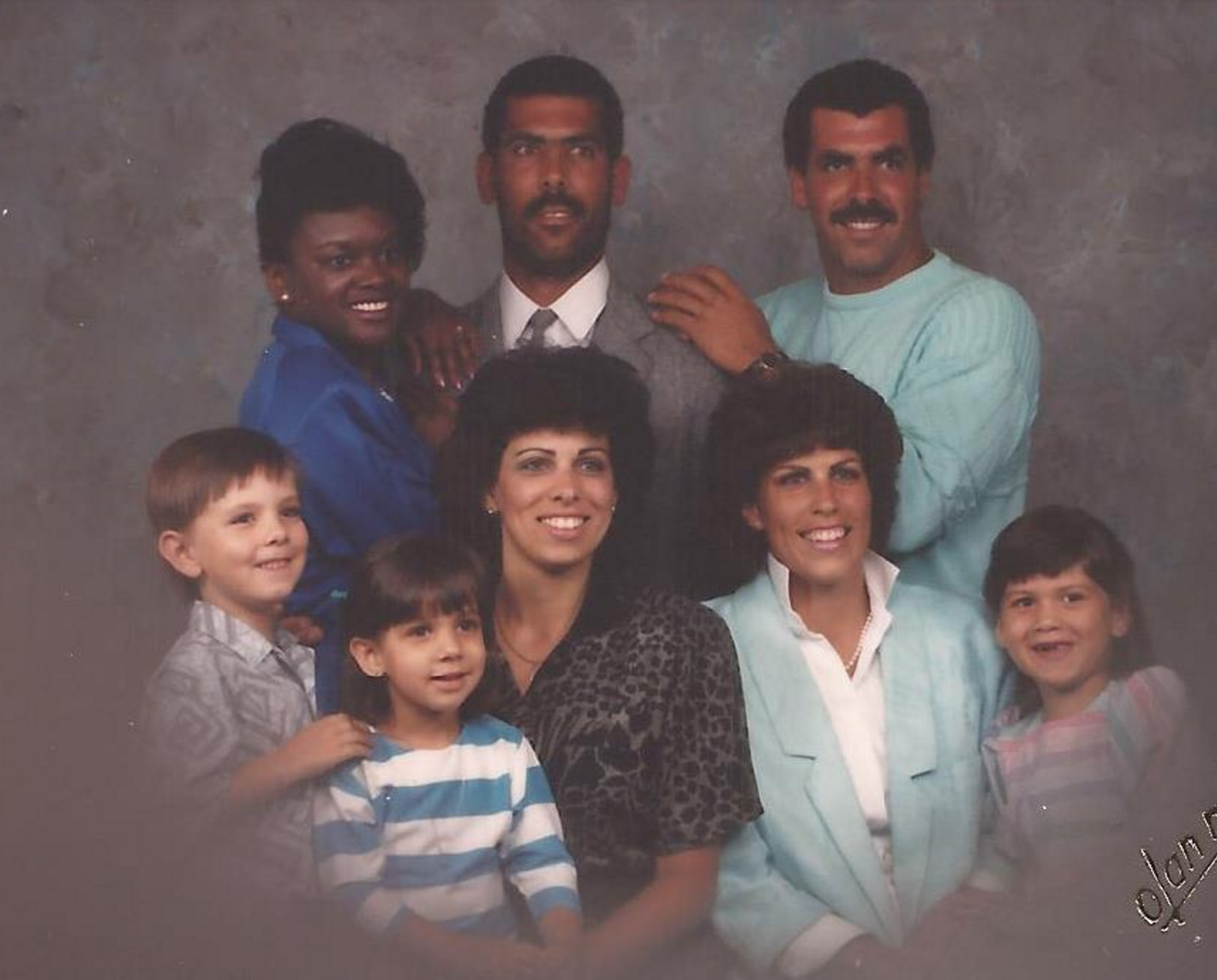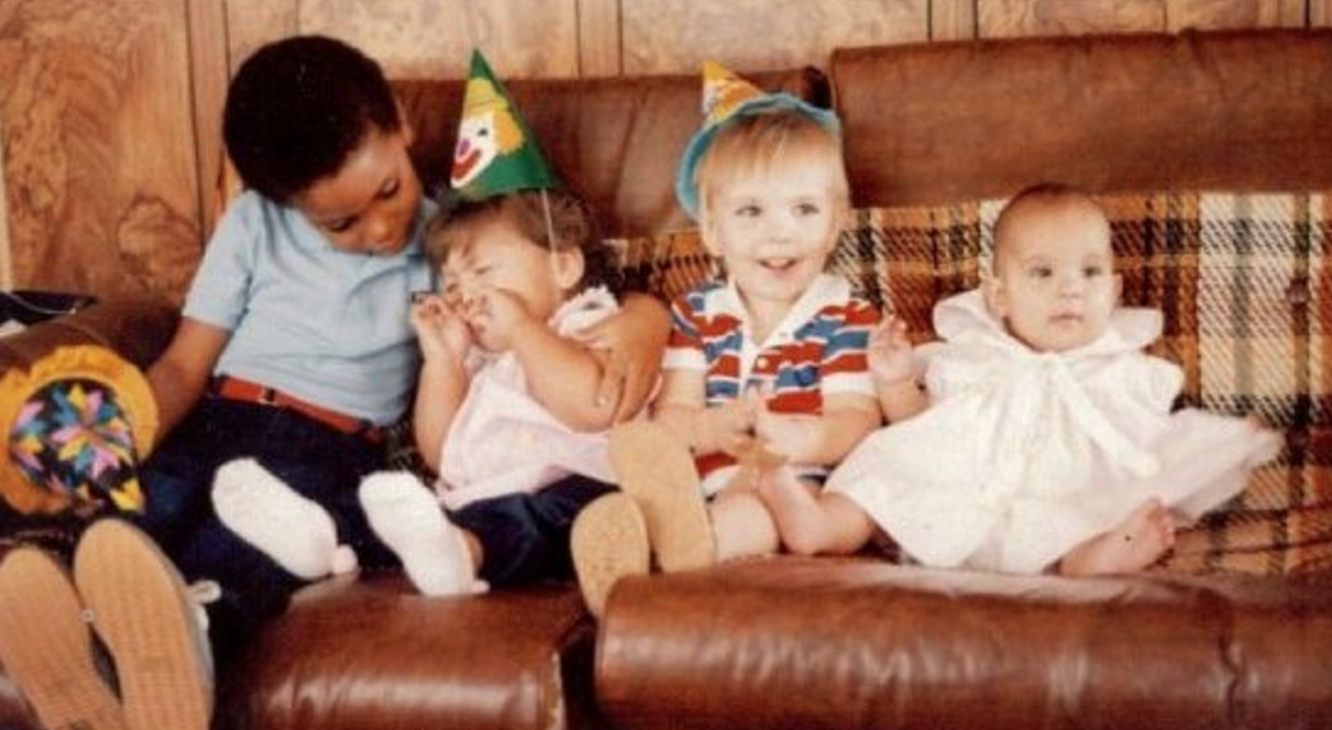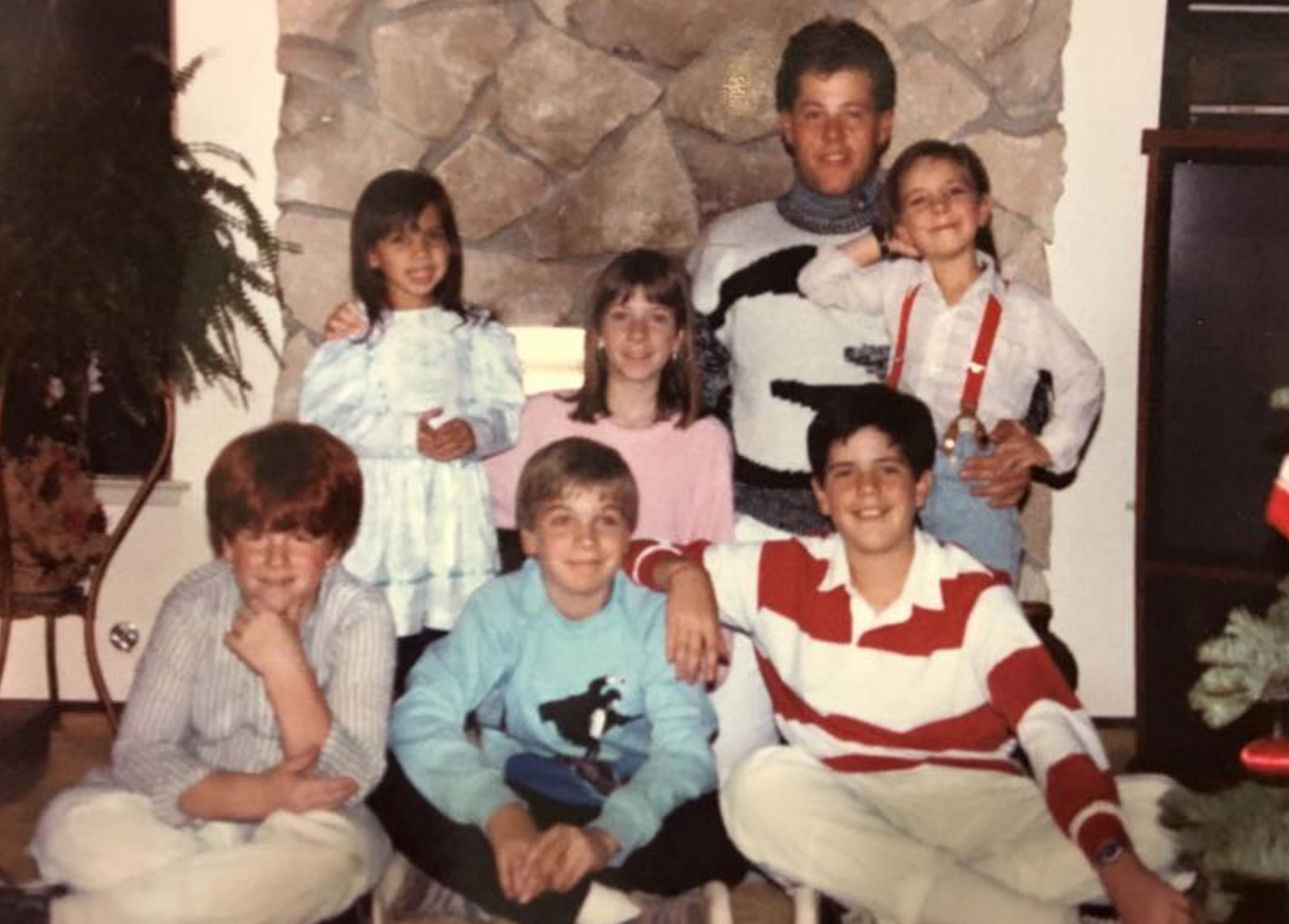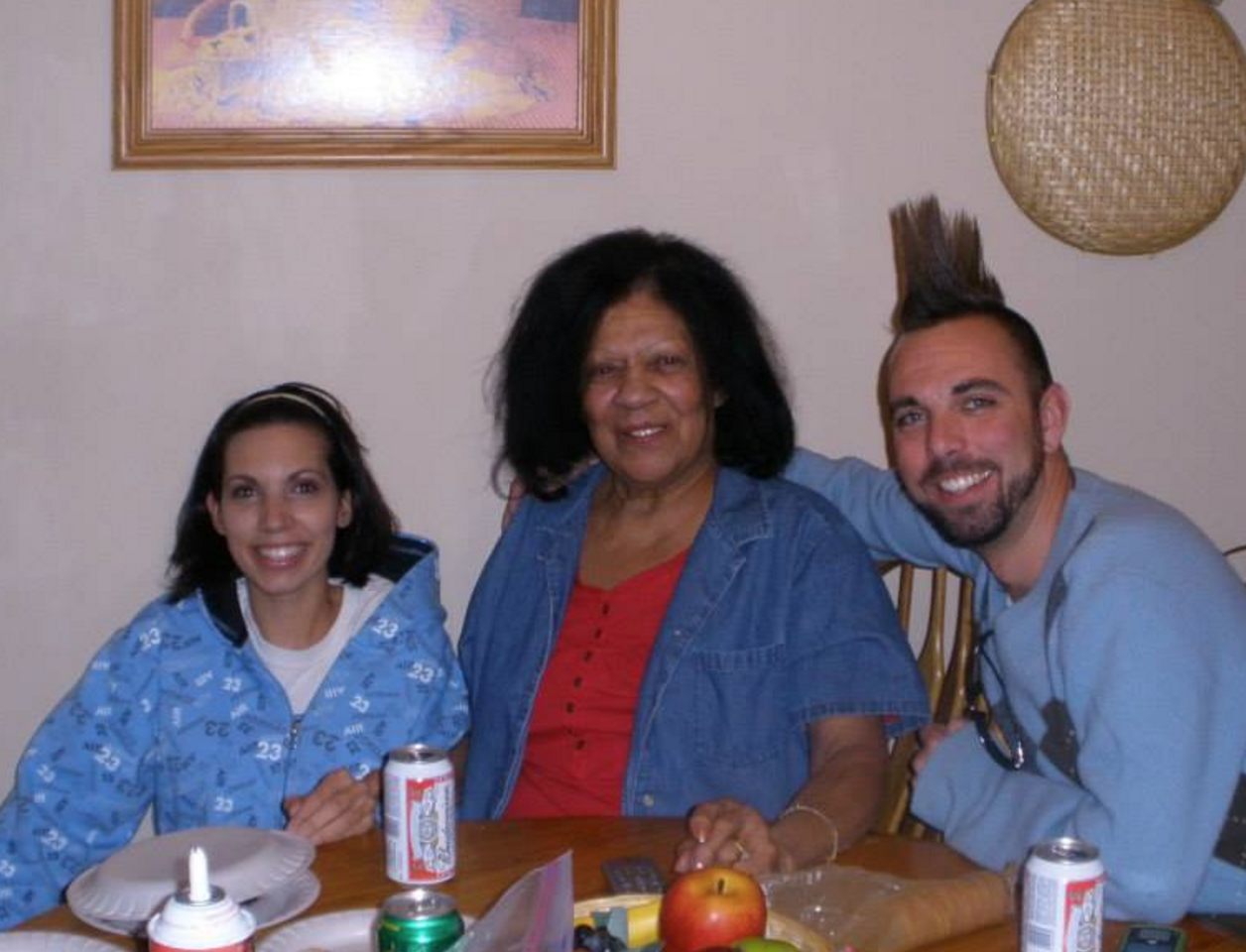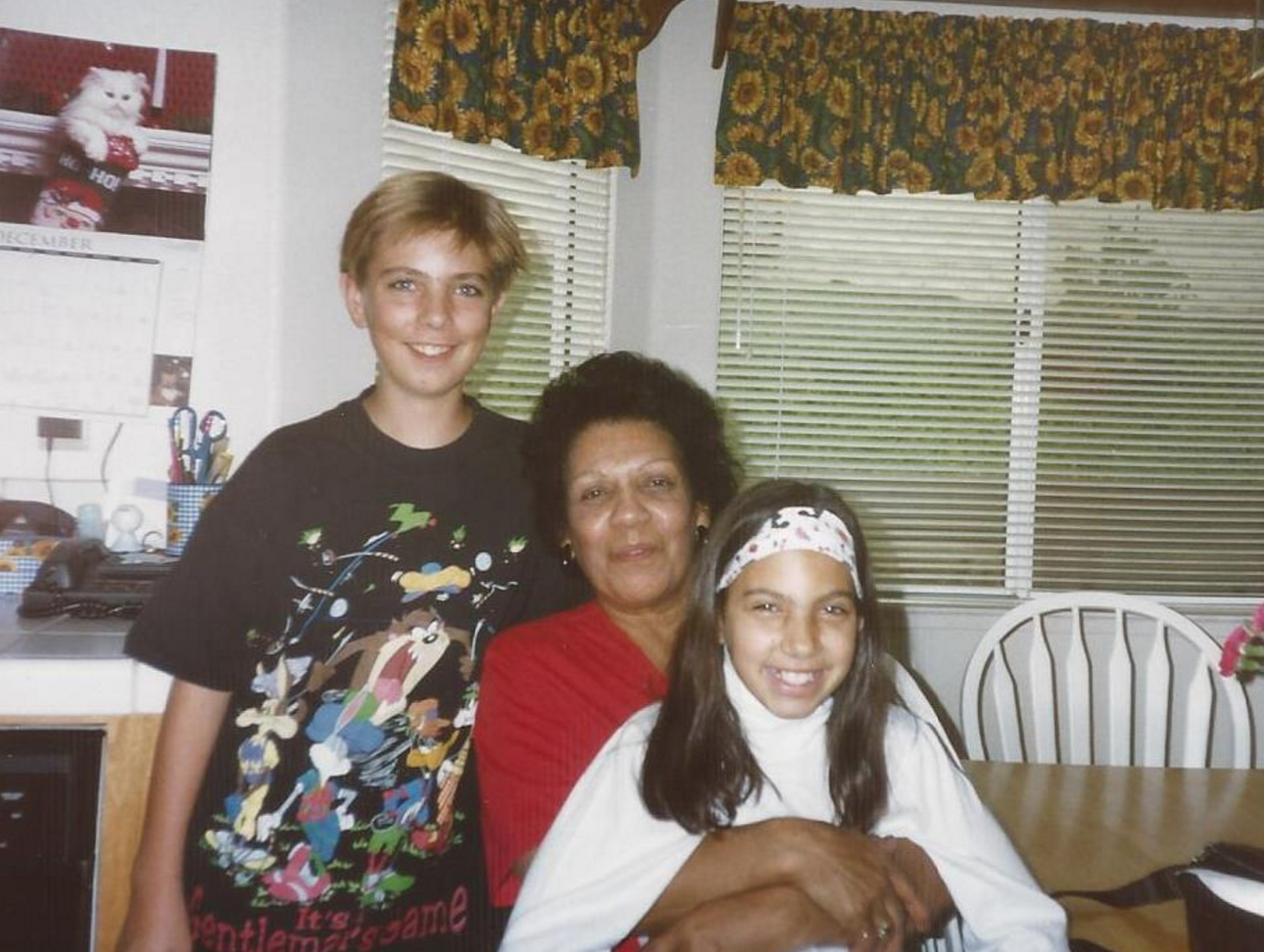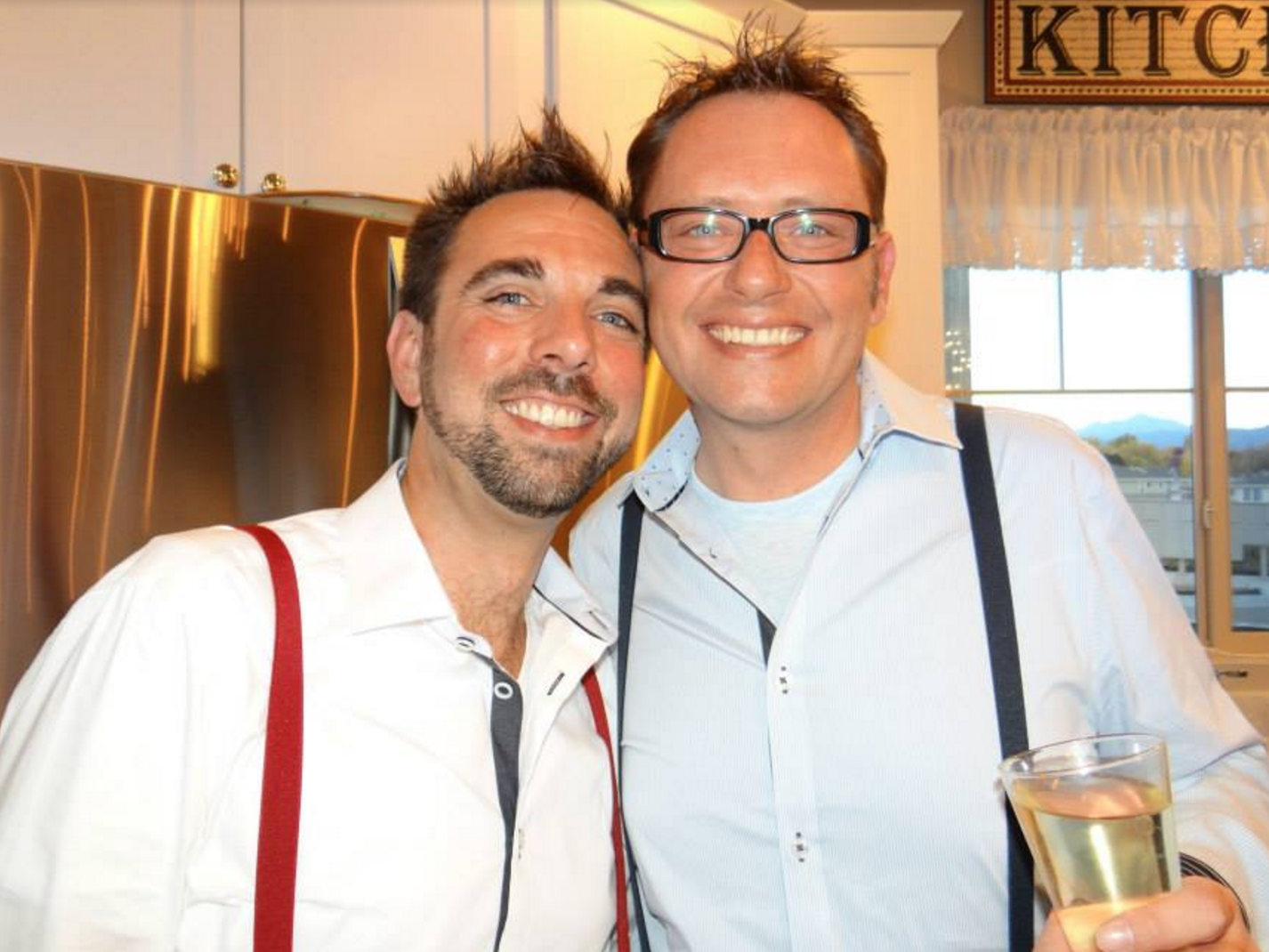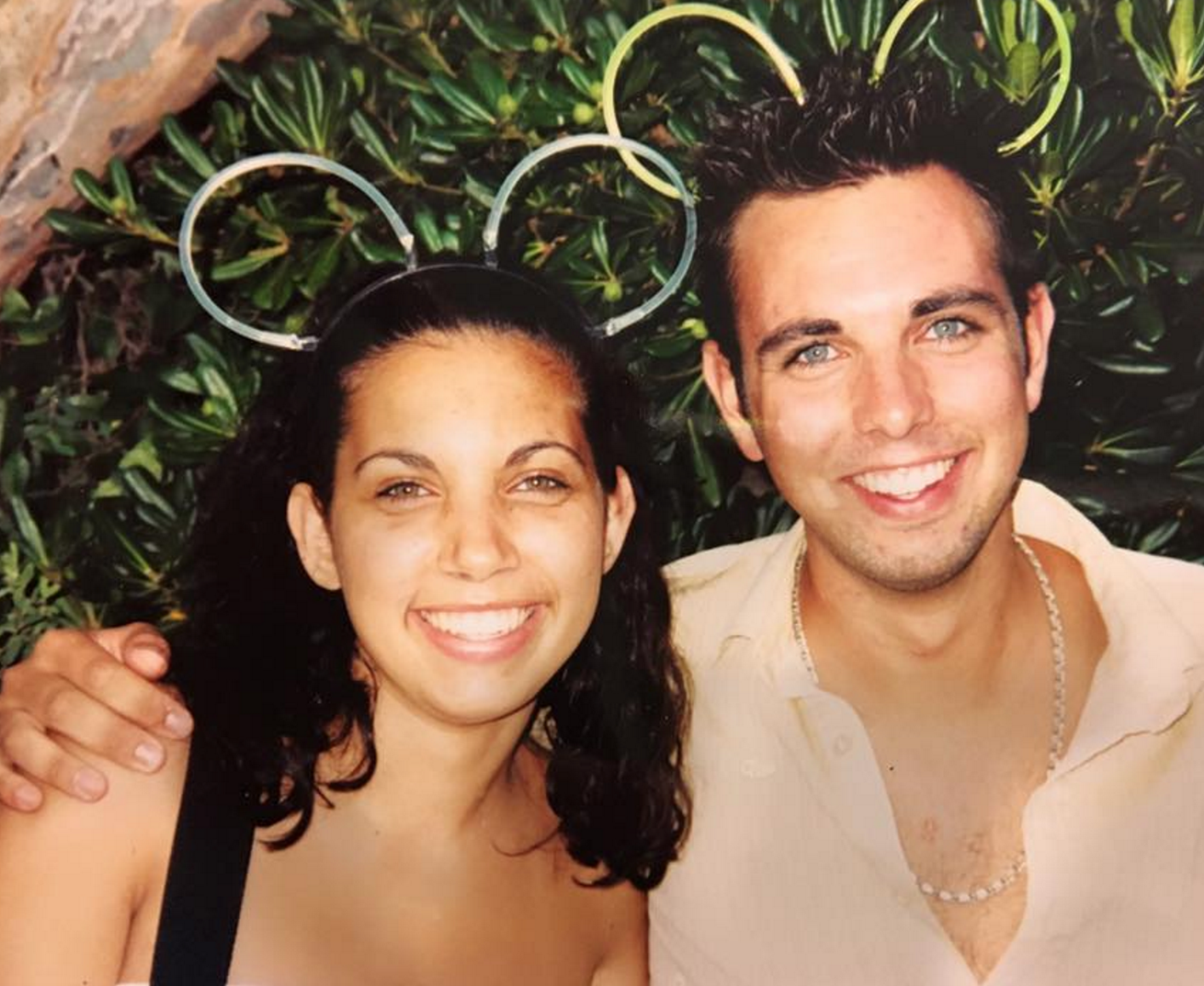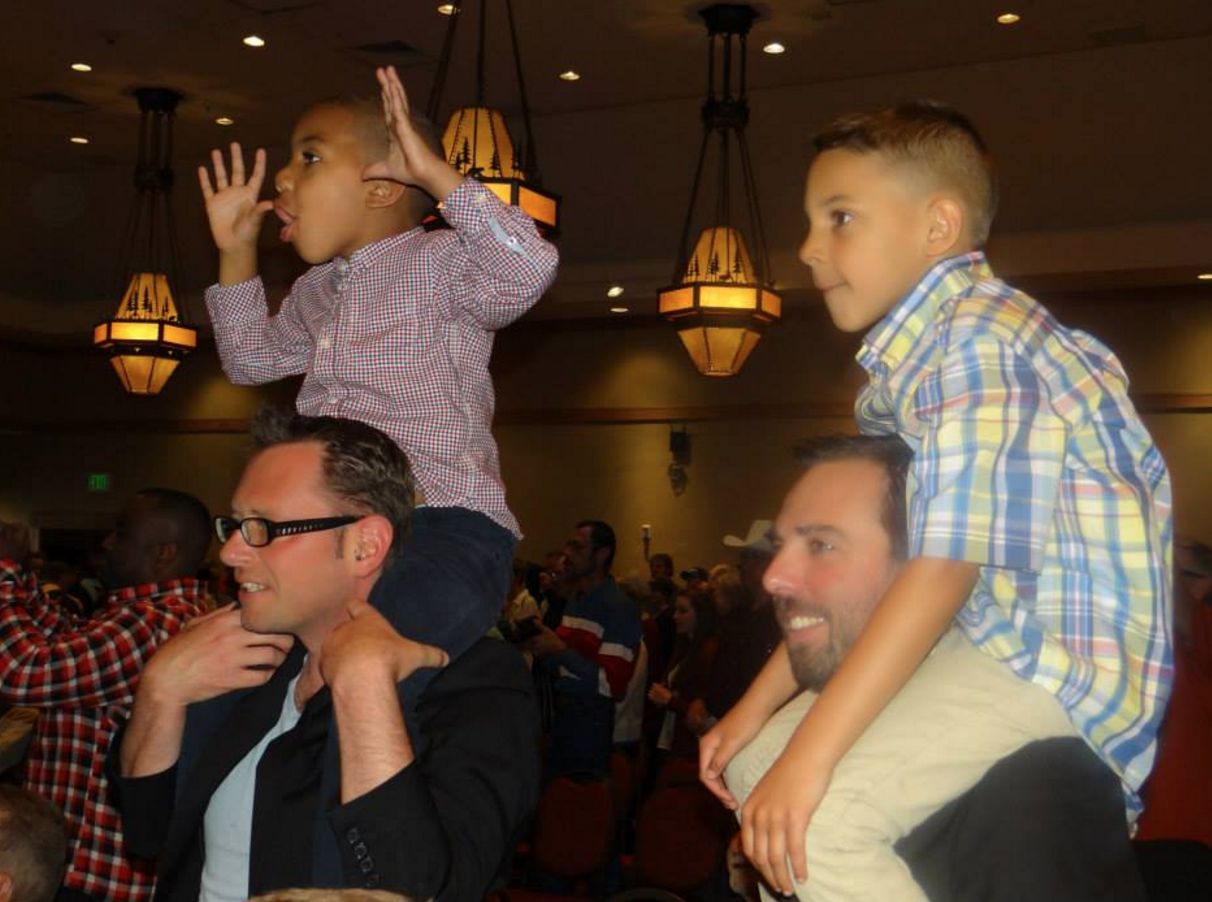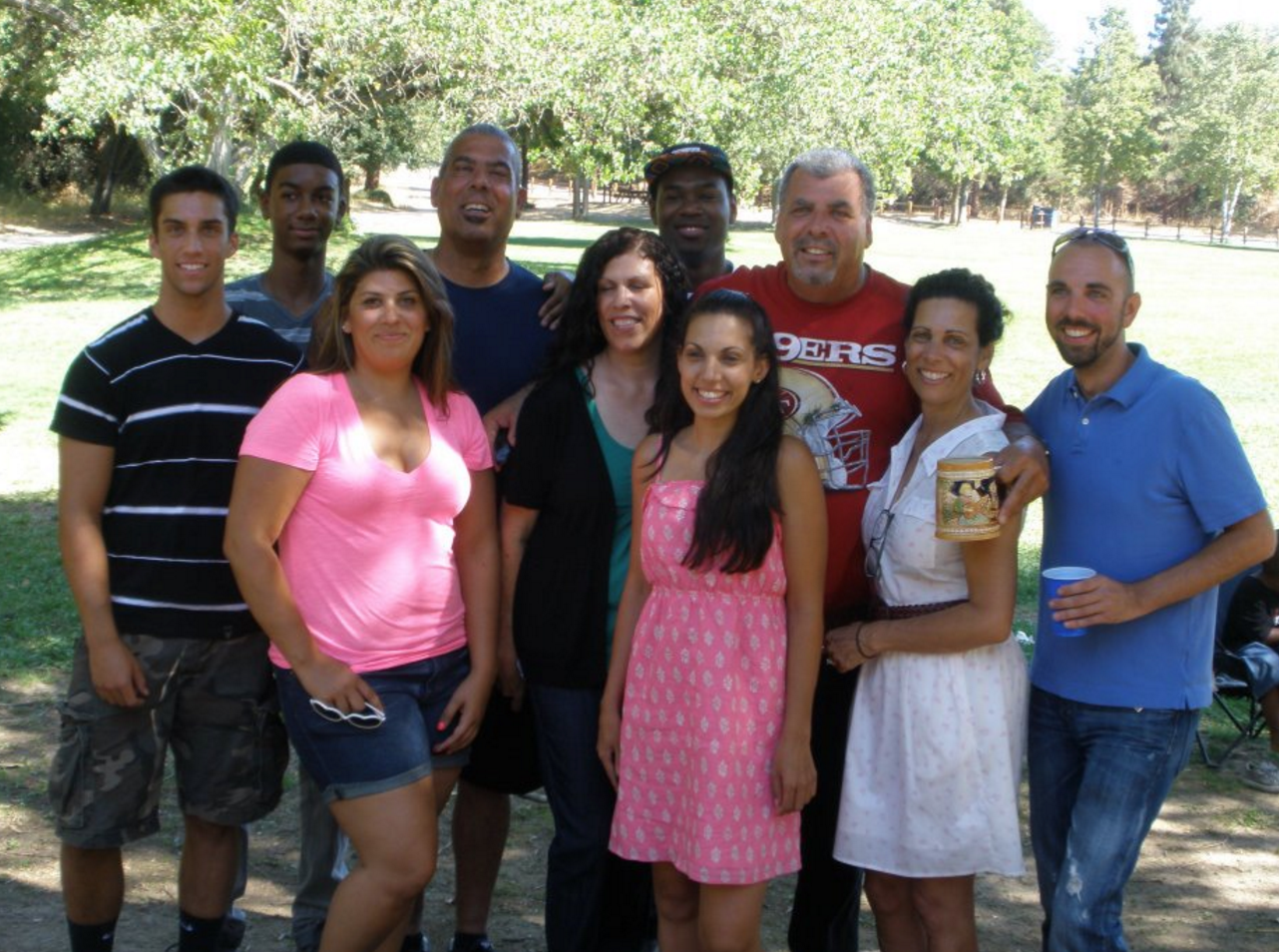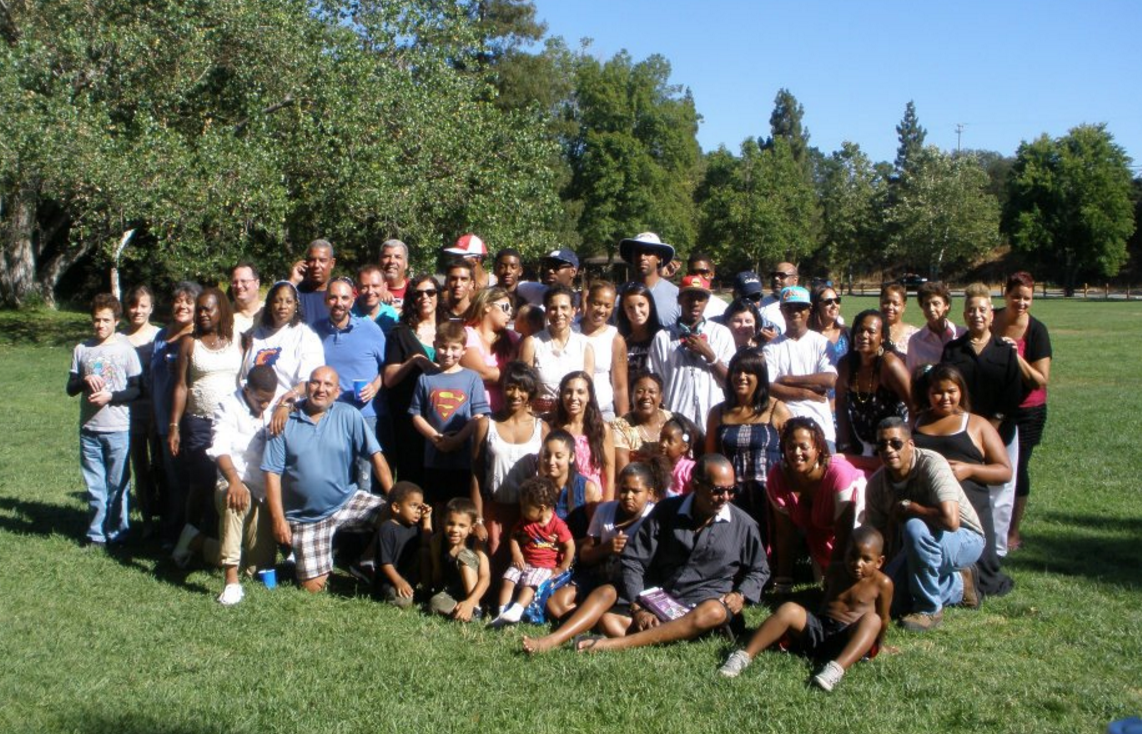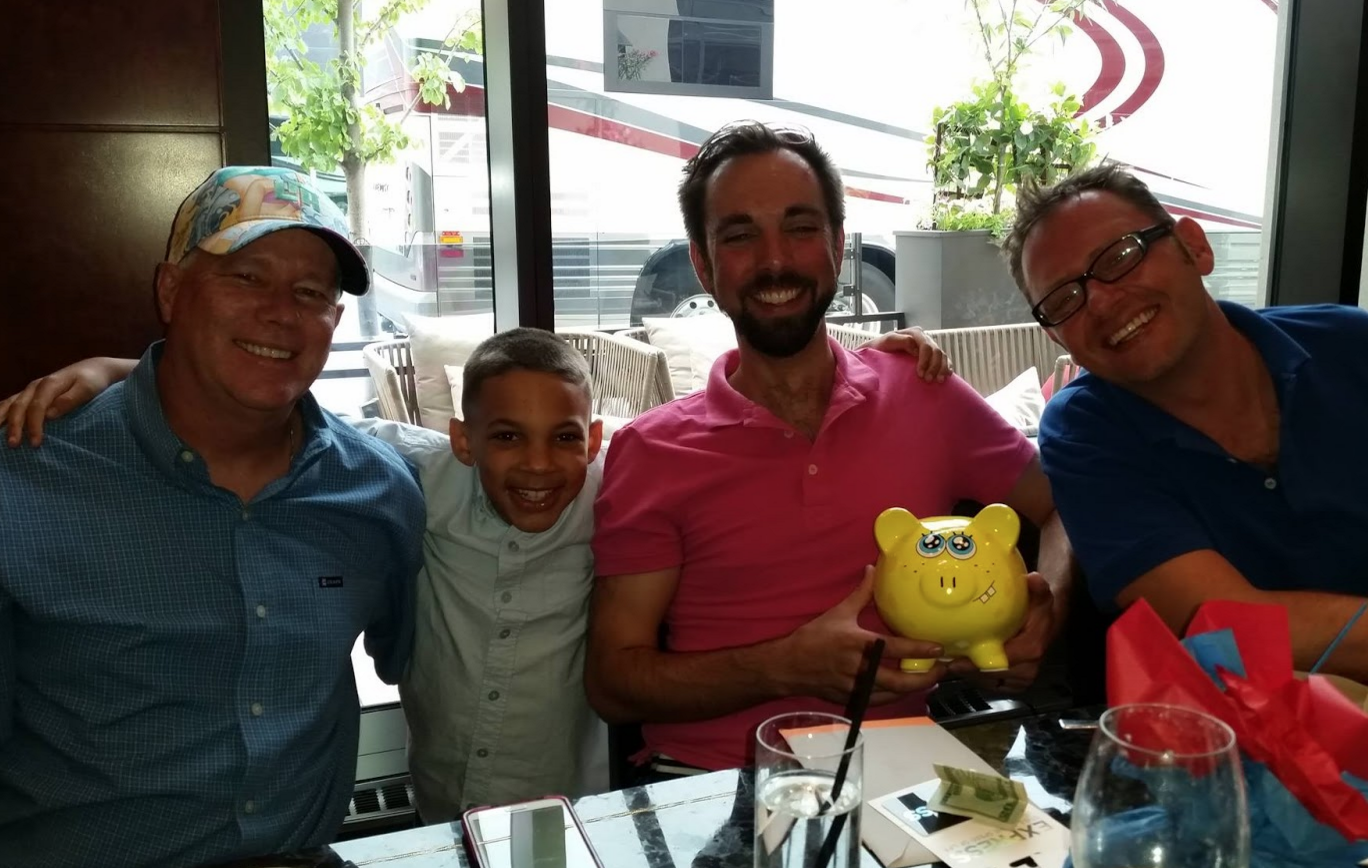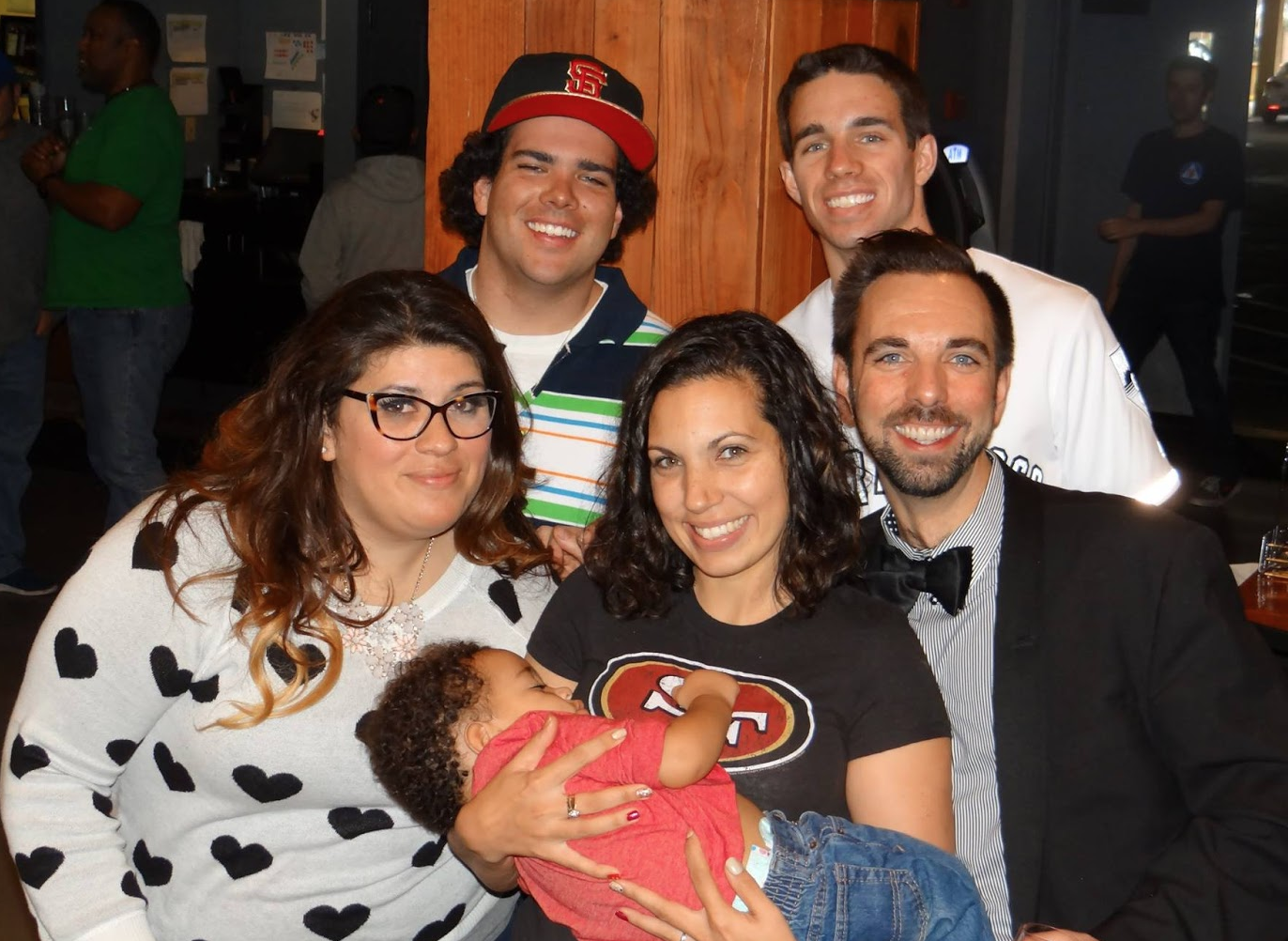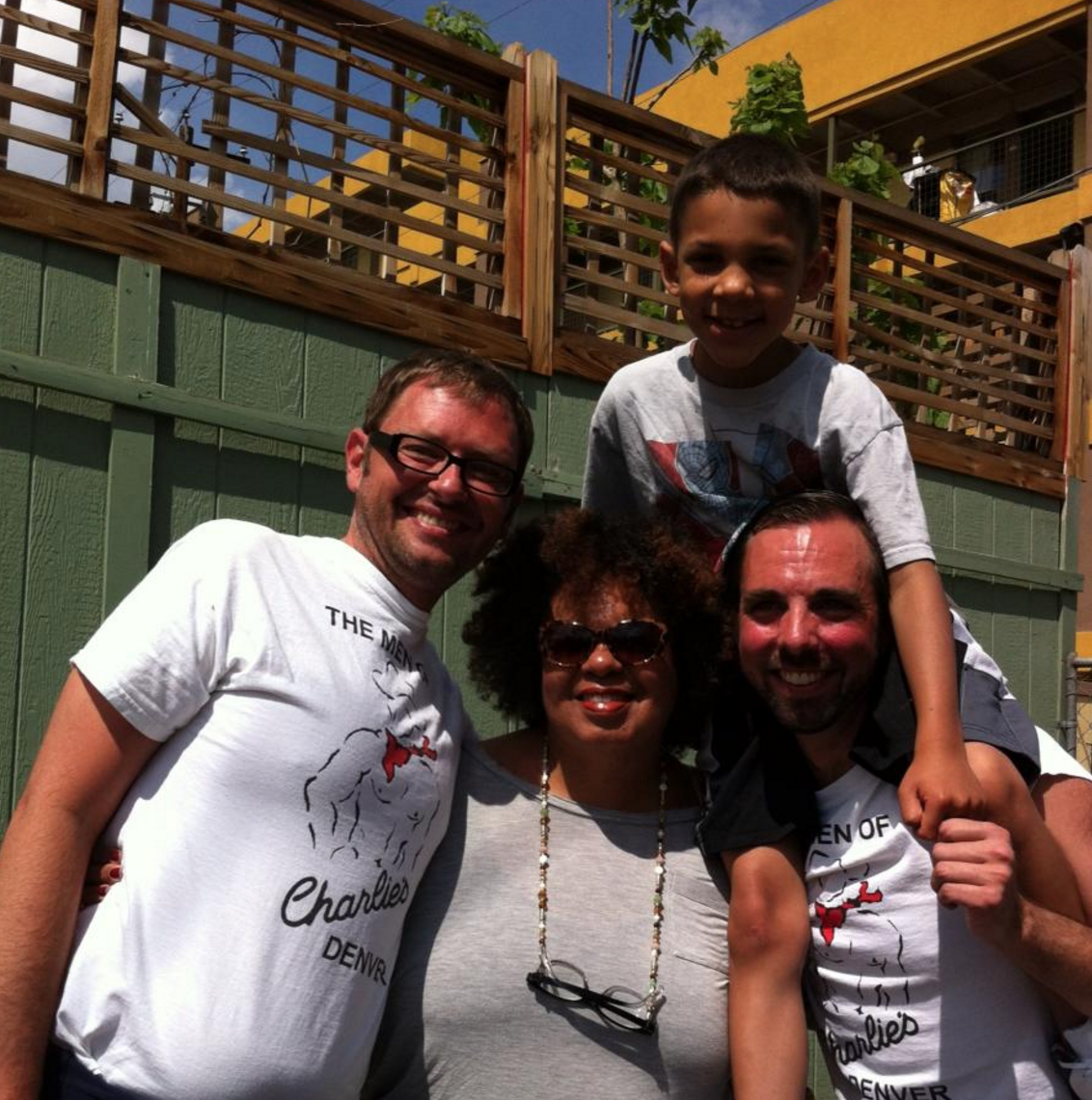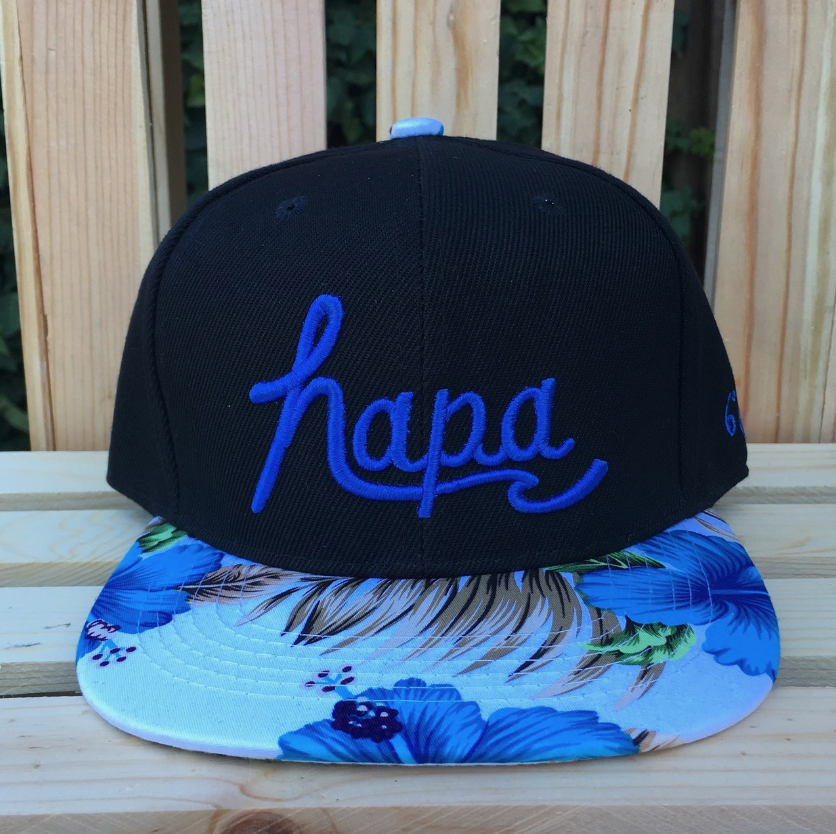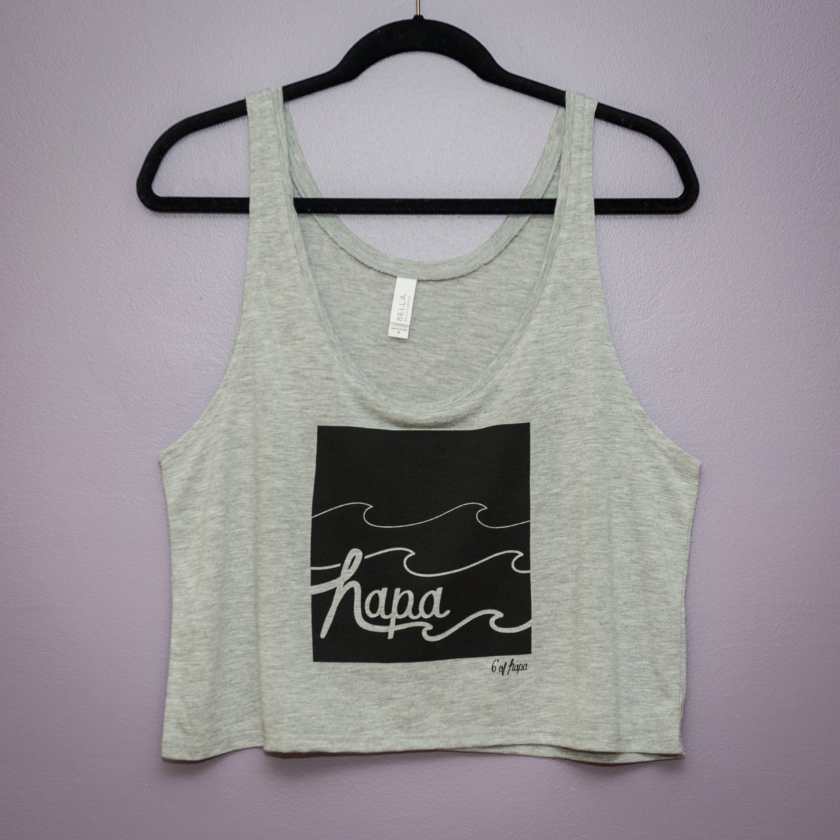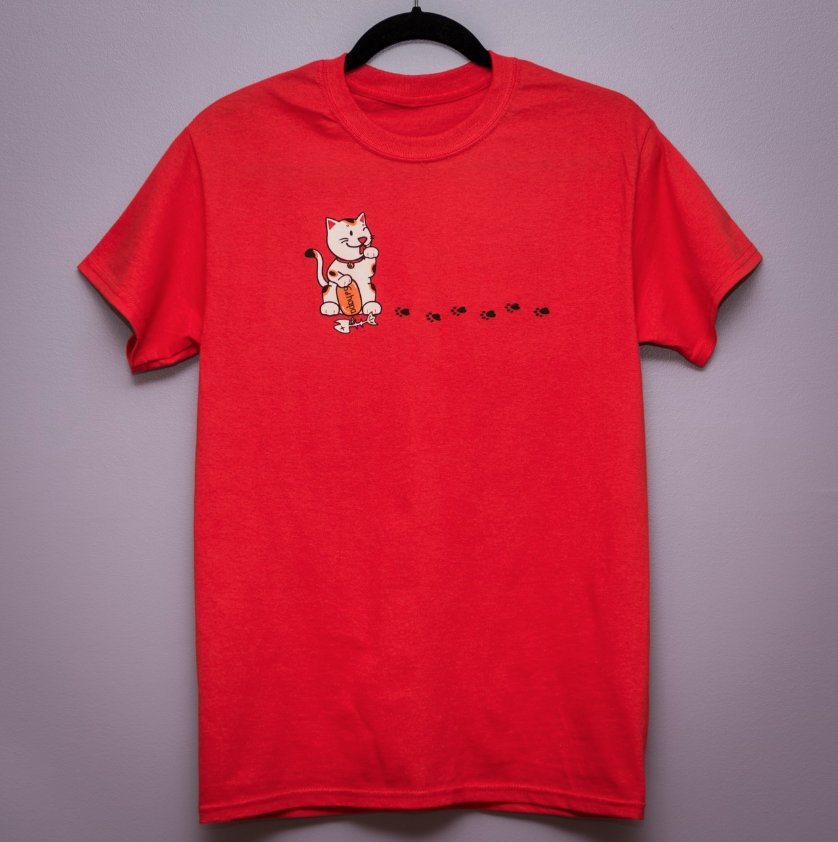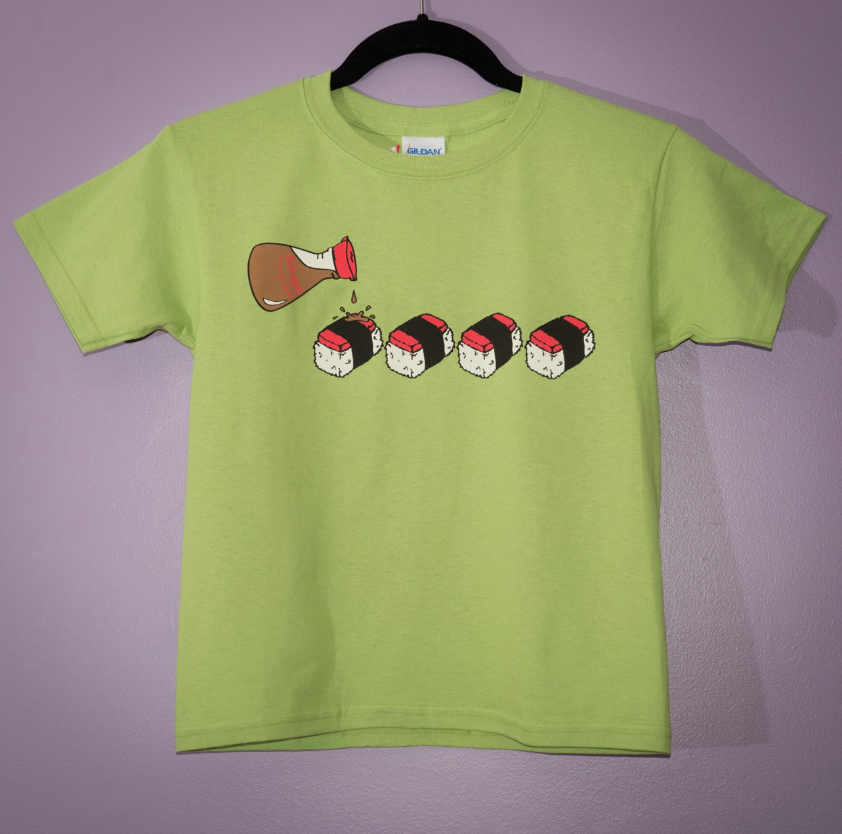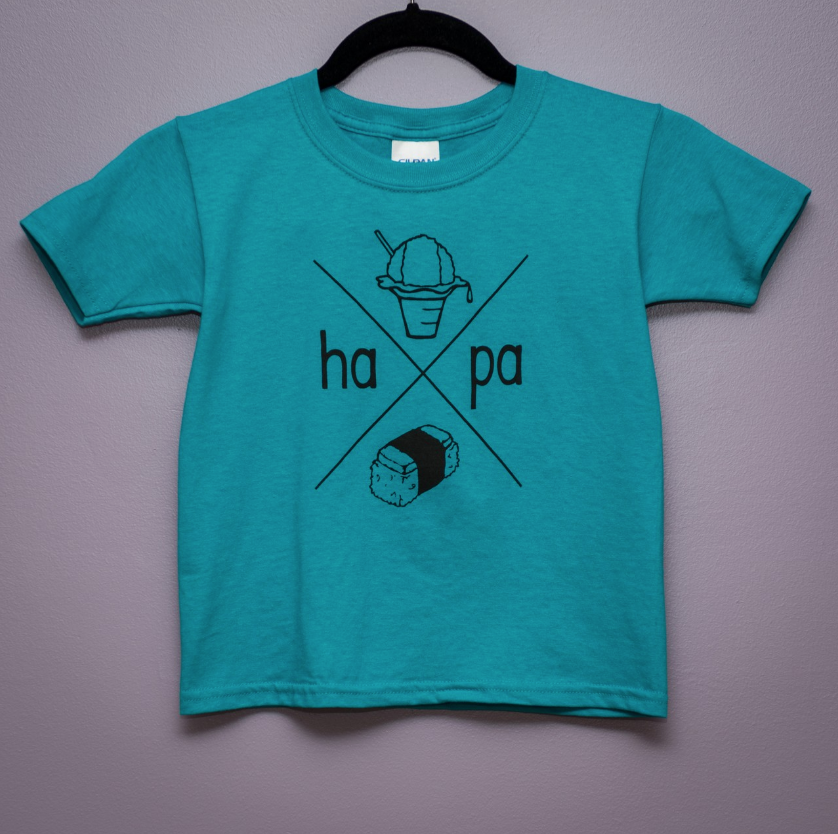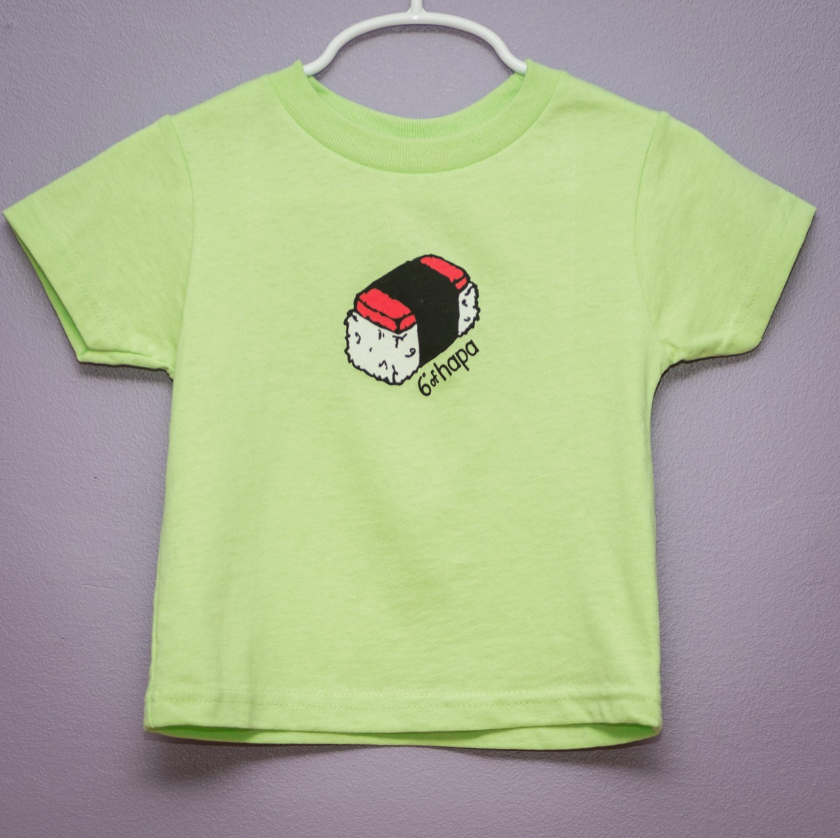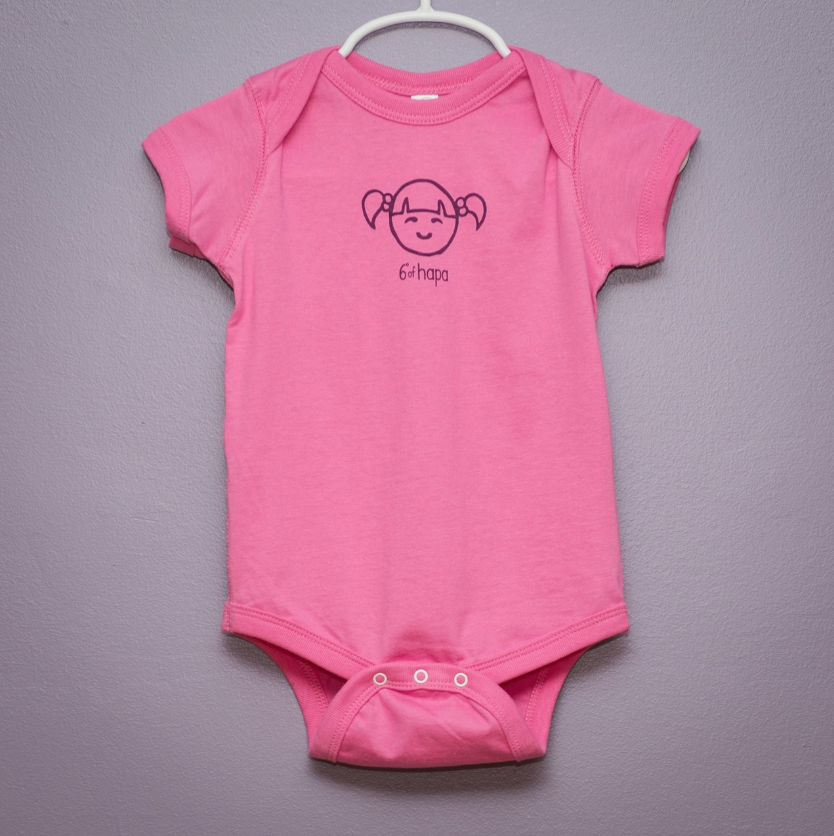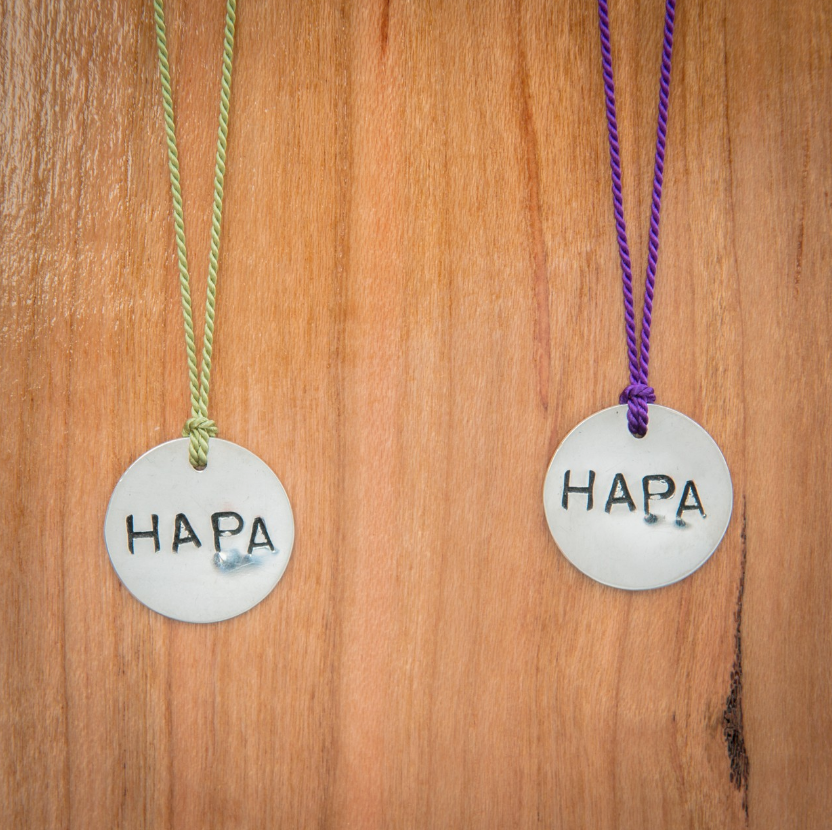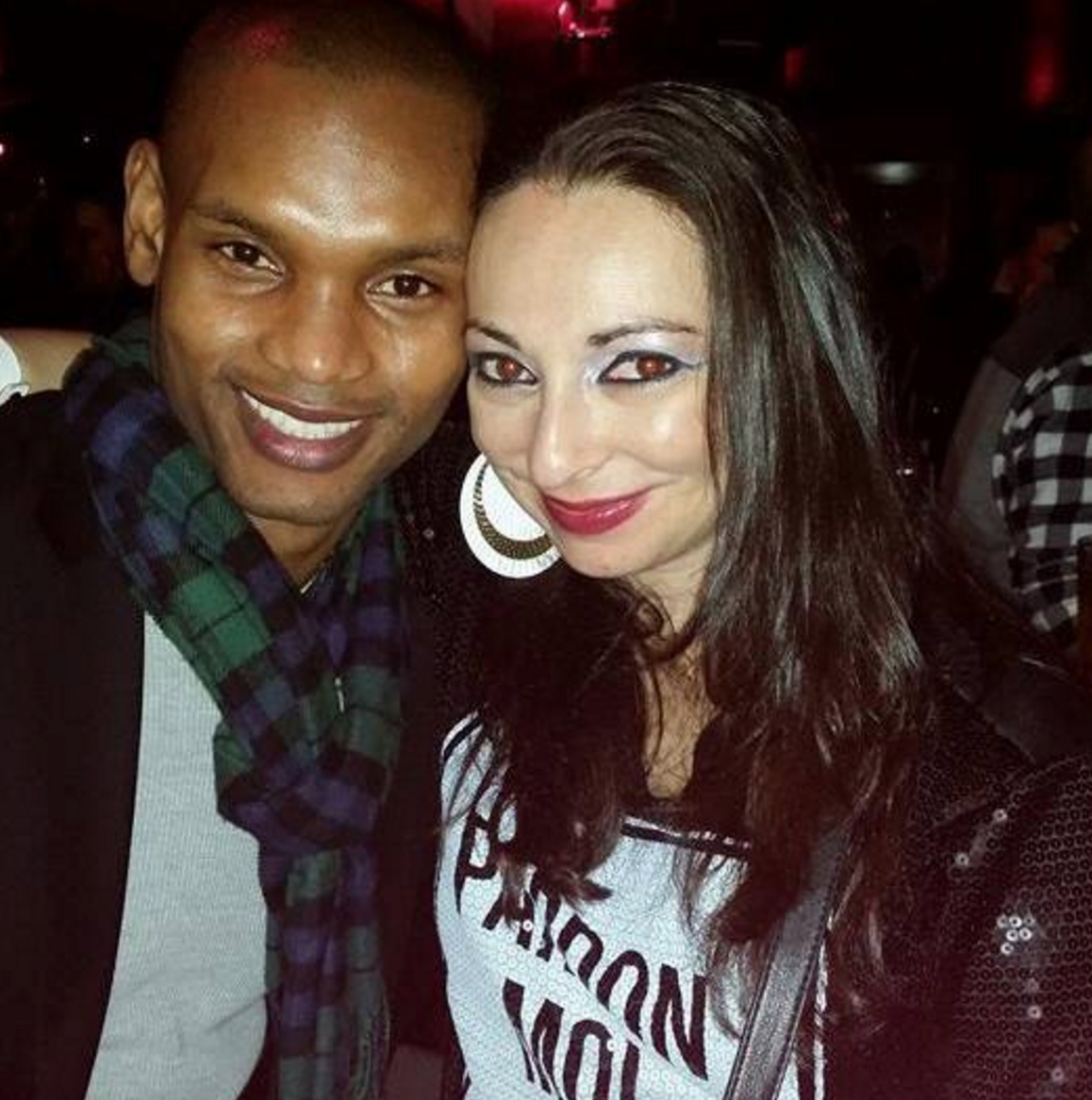Before I moved to Germany in first grade, I fondly remember going to my Grandma’s house after school and watching old movies with her. The routine was always the same: walk to Grandma’s house from the bus stop, watch the afternoon movie (always a classic), change into play clothes and either pester the dog – Spike – or my Shetland Pony named Star Dust (or get in to some other shenanigans a six-year-old can get in to on a farm). Every weekday, it was the same until we moved. I credit my Grandma for instilling in me my love of old movies and the current romanticism I have in owning a farm.
Old movies – the glamour, the costumes – I love how everyone seems to break out in song and dance (tap dancing, even) at the same time in a dreamy choreographic number. I love when people are introduced and they say, “charmed I’m sure”. What does that even mean? I don’t know, but I love it. What I don’t like about old movies: the shortage of minority roles and the typecasting that went to the few available roles for minorities. At one time in my life, I seriously wanted to be an actress and I always thought, I love this period movie, but I would obviously be cast as the slave…no fancy ball gown and wig for me. Womp, womp. I can’t deny, I love a good classic – Mildred Pierce, Gone with the Wind, and Breakfast at Tiffany’s. The first two movies employed the same stereotypical black characters: slow and simple; or sassy – all servants or slaves. The last movie employed a white person, Mickey Rooney, playing an Asian man, horribly, again, degradingly having an atrocious overbite, eating with chopsticks and complaining about Western ways. Although I love these movies, these characters remind me of the really bad roles available for minority actors and actresses during that time.
One movie I remember watching as a child was Imitation of Life, the 1934 version. Being that the movie was made in 1934, I assumed the lead character, Peola, was a white actress portraying a light-skinned black woman trying to pass. I mean, Mickey Rooney was portraying an Asian man in the 1960s, so why not? It turns out, Fredi Washington, the actress, was black. Gasp. Now, Mrs. Washington was actually one of those unapologetically black actresses that took part in the Harlem Renaissance and Civil Rights movement. After learning this, I had to dig deeper.
Fredericka Washington was born in Savannah, Georgia in 1903, the eldest daughter of five children. Her mother died when she was eleven and she was forced to help take care of her younger siblings. Her father remarried and the family moved up to New York during the Great Migration. She began as a chorus girl in Harlem, even dating Duke Ellington and becoming friends with Josephine Baker. She made the rounds in early Black movies before landing her most memorable role in Imitation of Life in 1934. Fredi was born very fair with light brown hair and bluish-grey eyes, many people at the time thought she was Caucasian. Many Hollywood executives asked her to “pass” as white to get better opportunities and roles, but she didn’t. When asked why, she answered, “Because I’m honest, firstly, and secondly, you don’t have to be white to be good. I’ve spent most of my life trying to prove to those who think otherwise… I am a Negro and I am proud of it.” Imitation of Life was nominated for an Academy Award for Best Picture that year, but it did not win.
Fredi Washington went on to form the Negro Actors Guild in 1937, an organization that fought against stereotyping and advocated for broader roles for Blacks. Fredi, herself, had trouble finding roles – too light for “black” roles; and miscegenation laws prohibiting her from being cast with a white leading man. Fredi became a theatre writer and a film consultant on 1953’s Carmen Jones (another favorite of mine) and Porgy and Bess. When asked again why she didn’t “pass” to get better opportunities, she replied, “You see I’m a mighty proud gal and I can’t for the life of me, find any valid reason why anyone should lie about their origin or anything else for that matter. Frankly, I do not ascribe to the stupid theory of white supremacy and to try to hide the fact that I am a Negro for economic or any other reasons, if I do I would be agreeing to be a Negro makes me inferior and that I have swallowed whole hog all of the propaganda dished out by our fascist-minded white citizens.”

